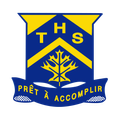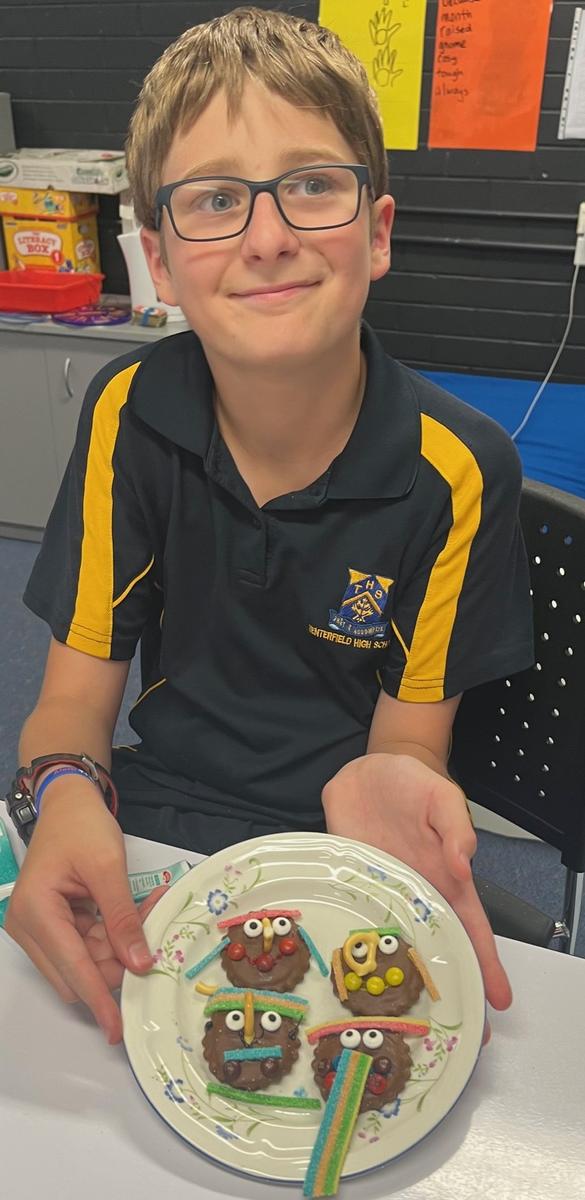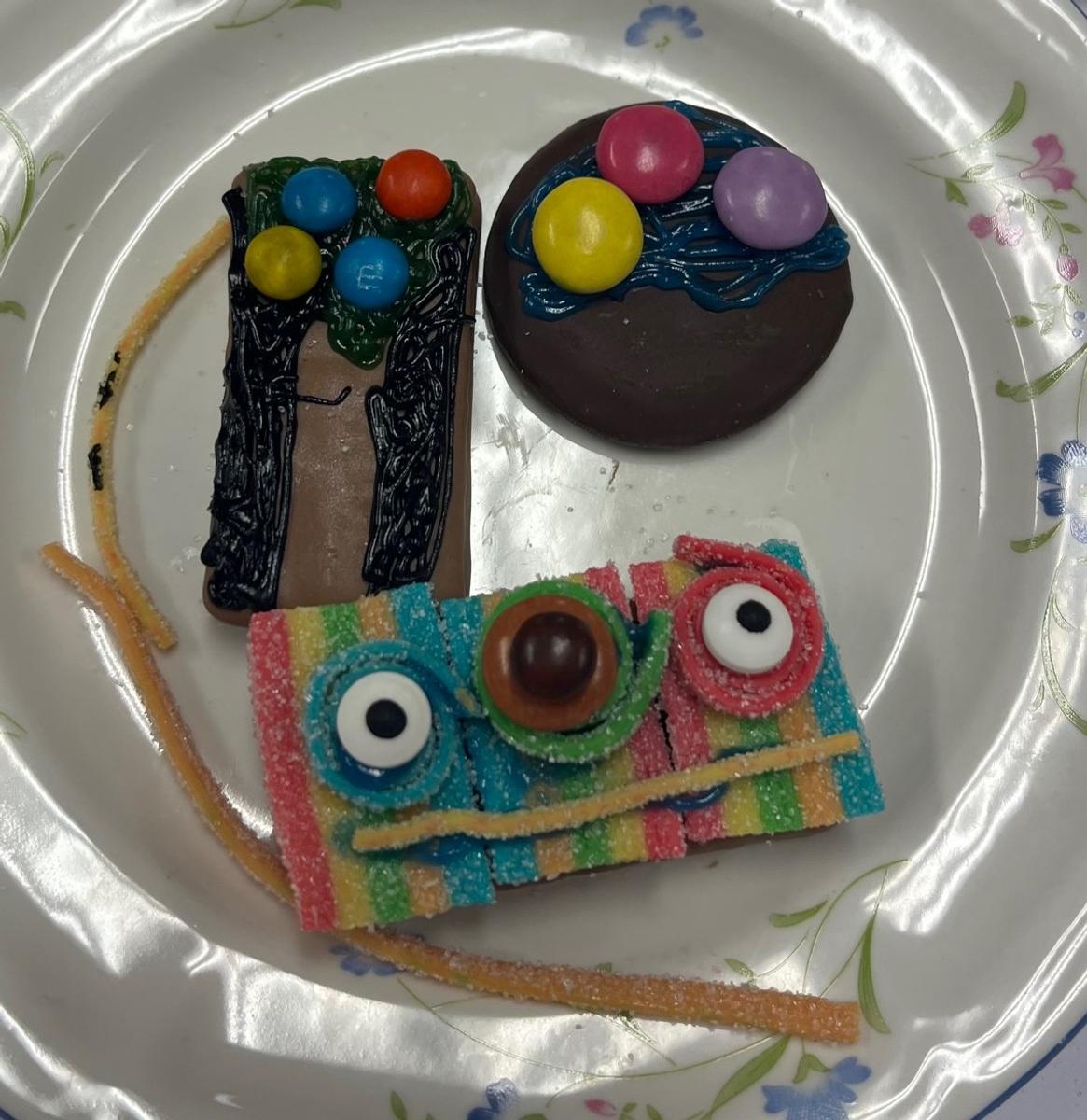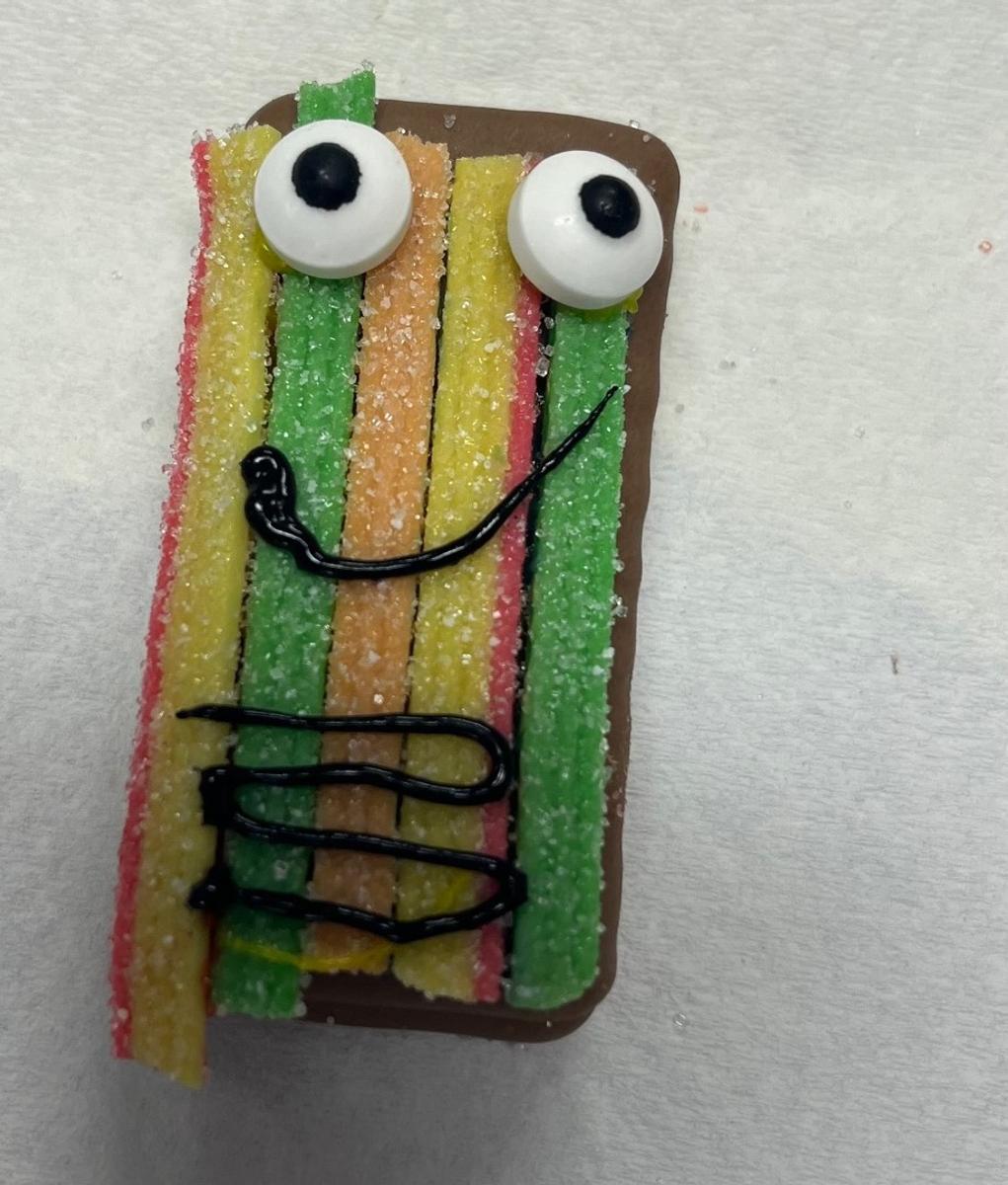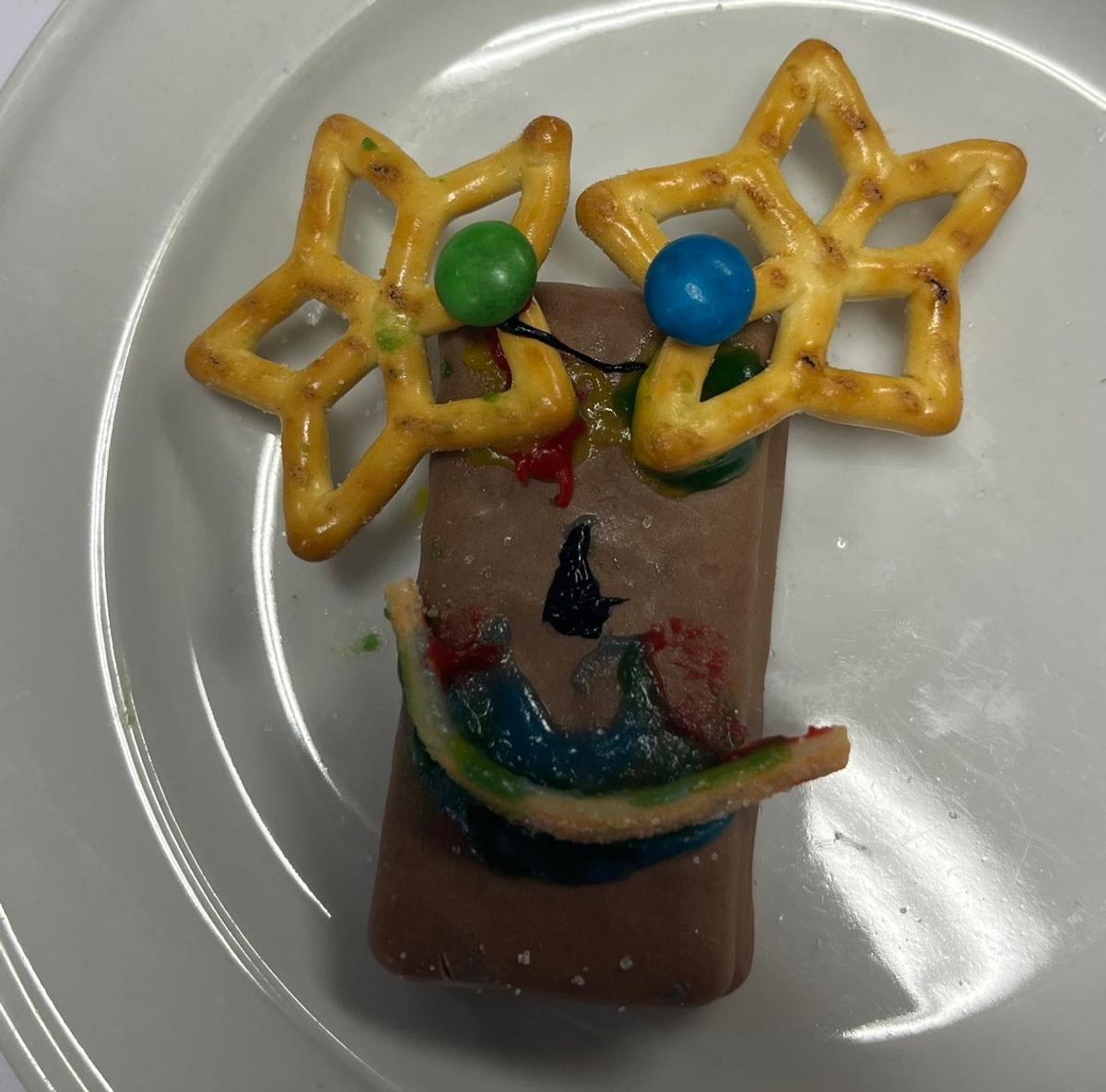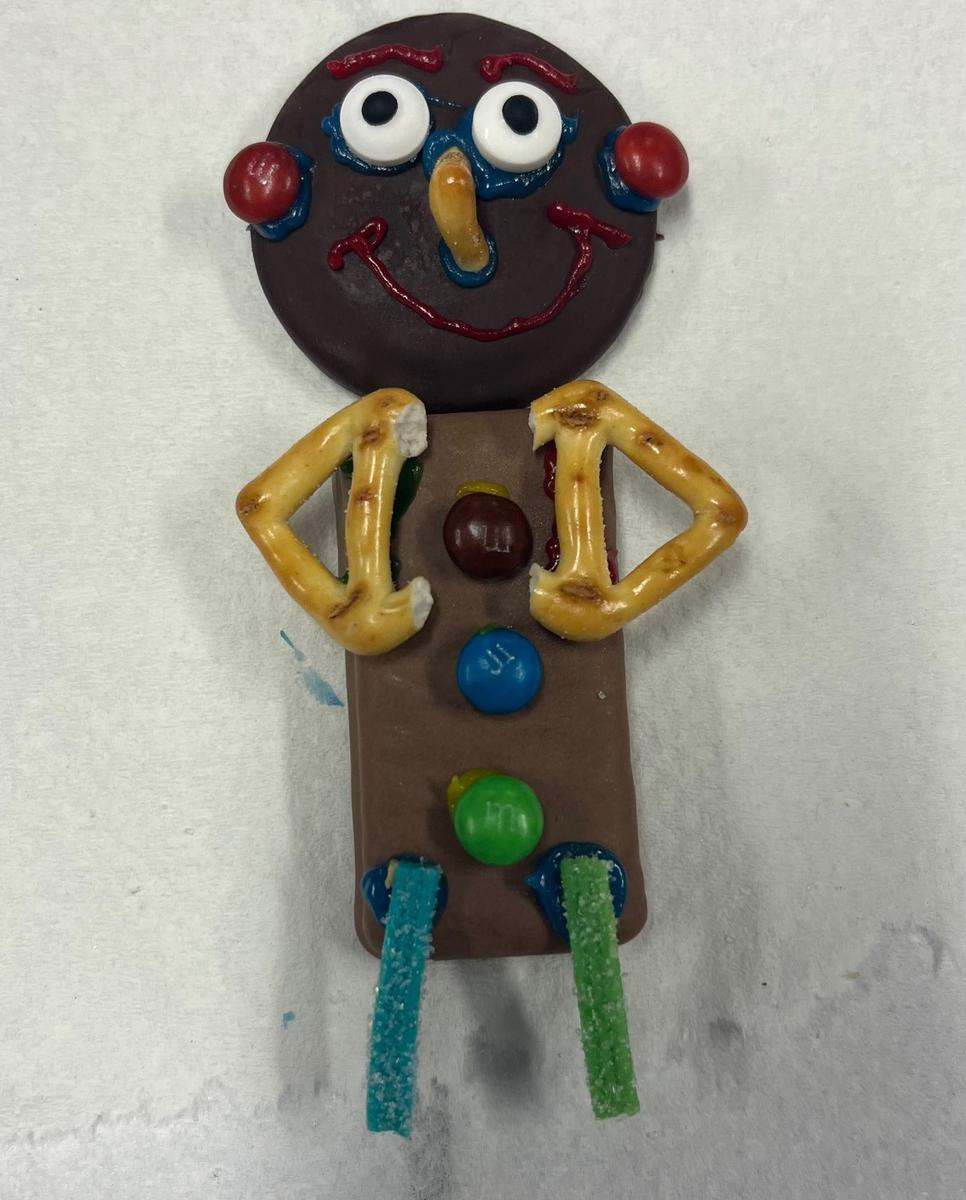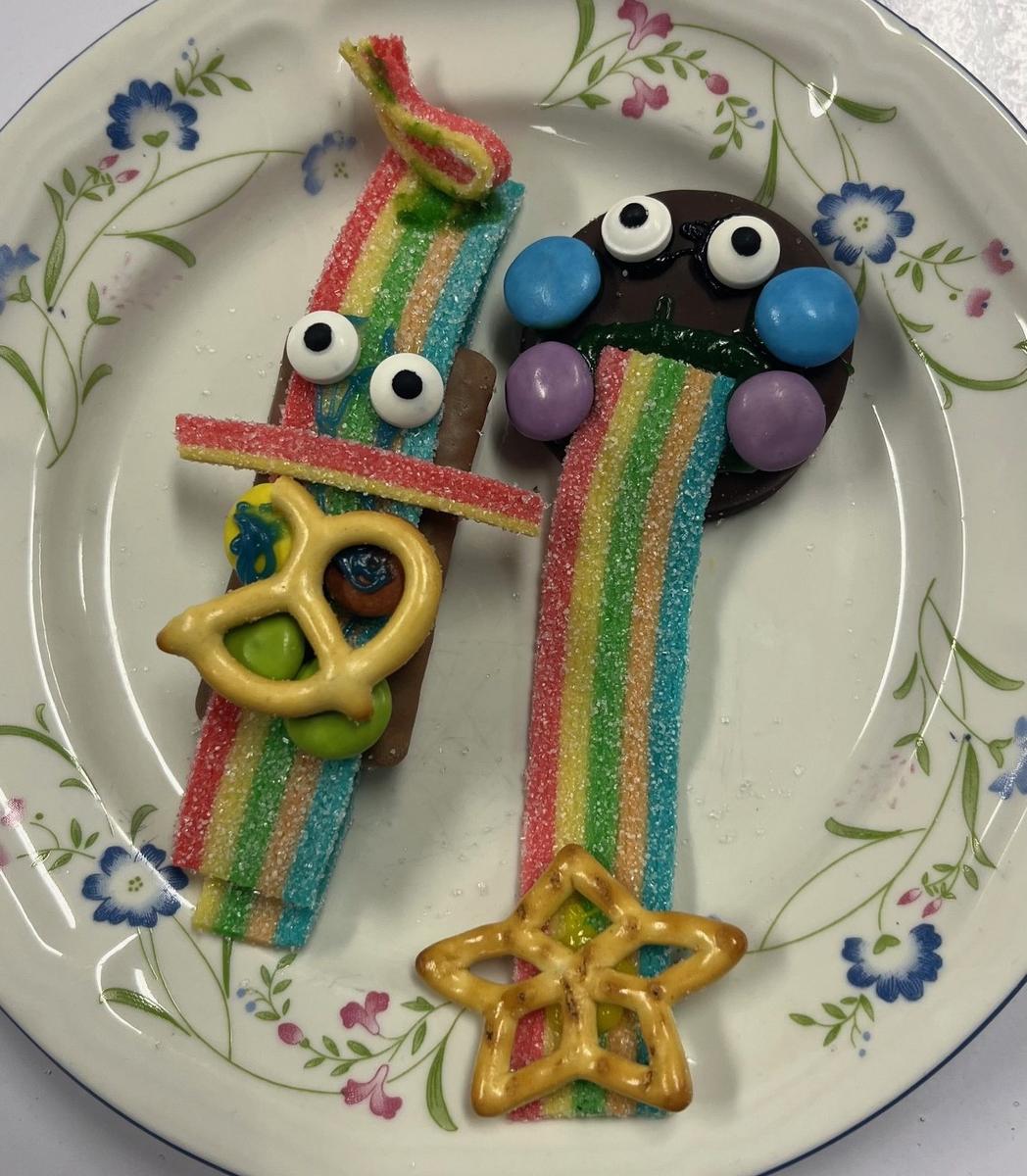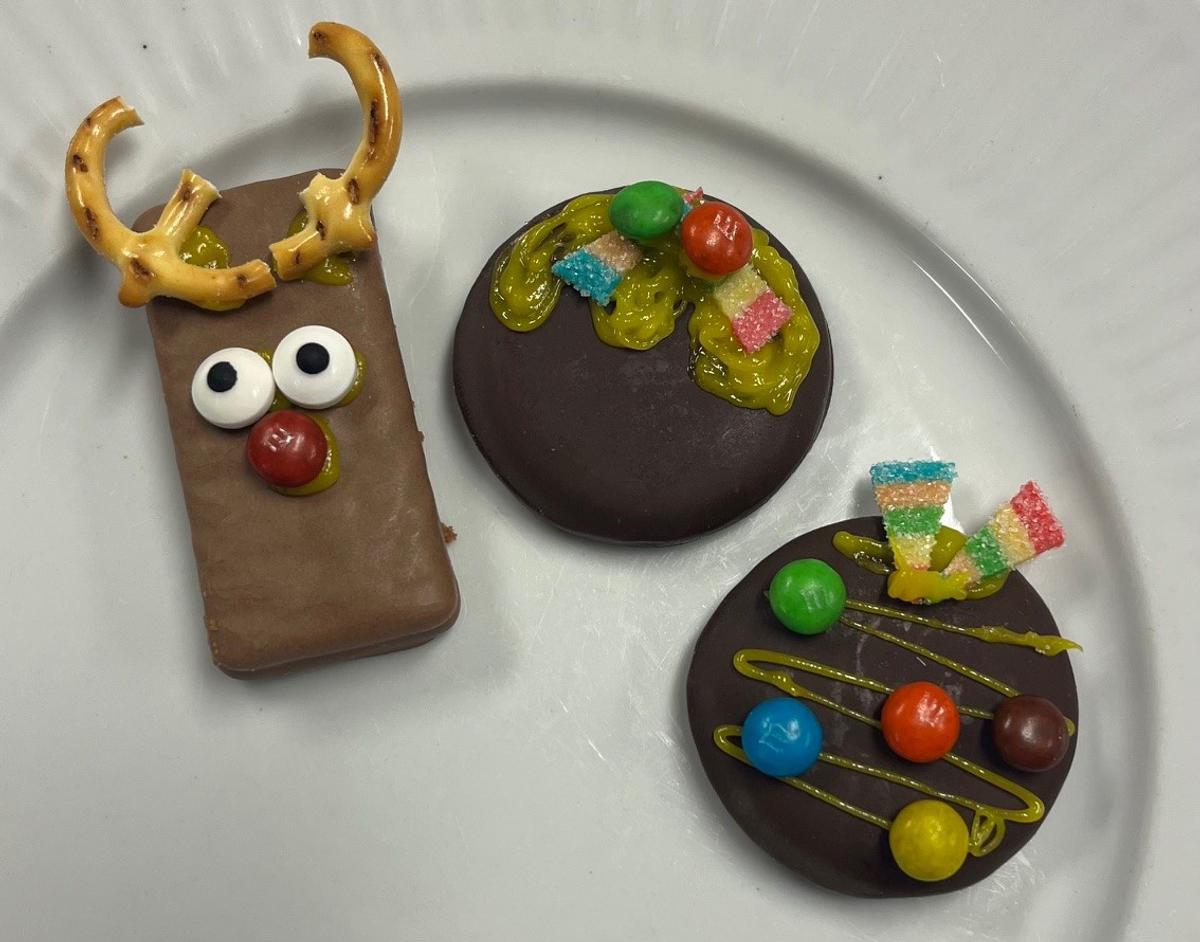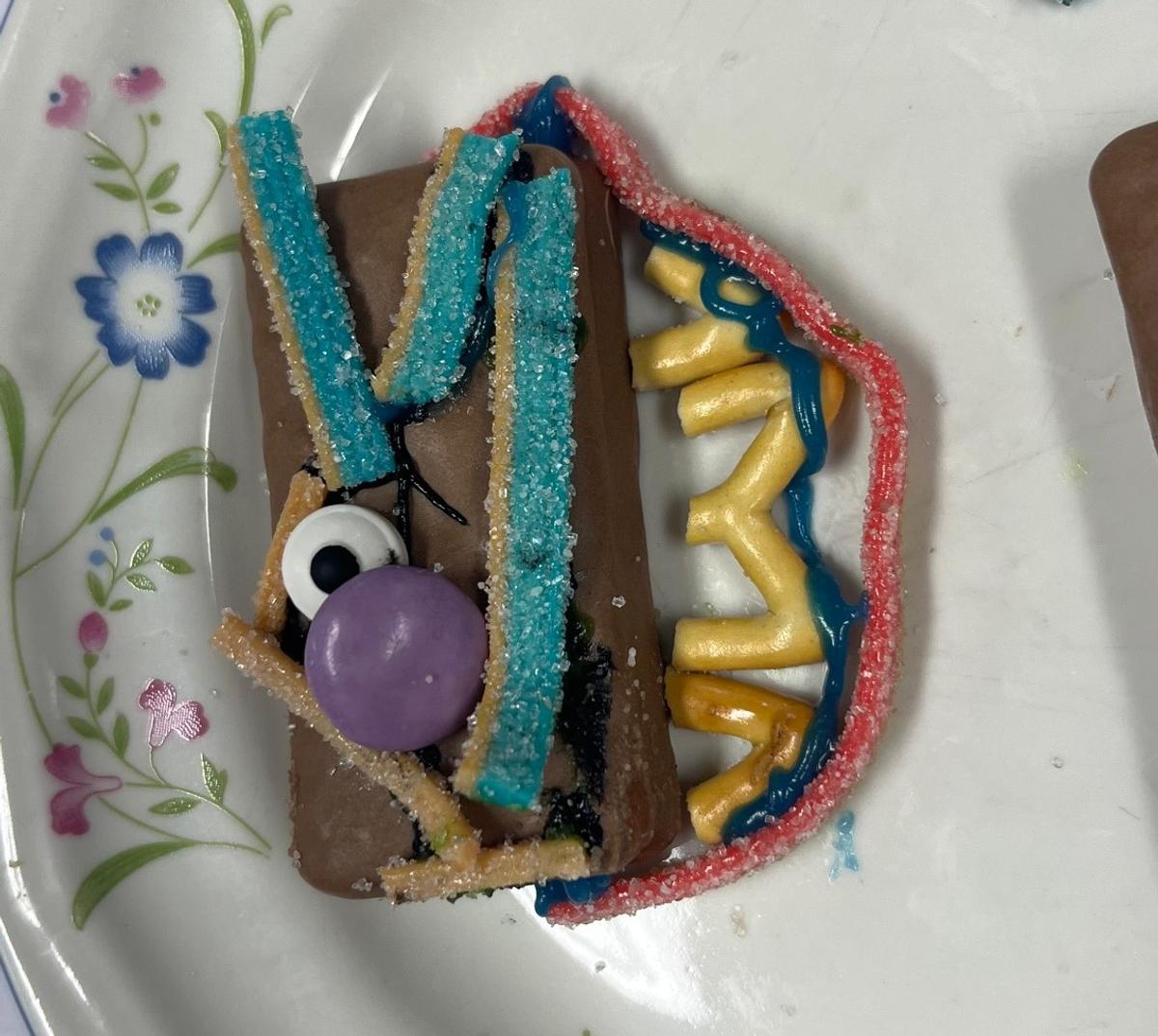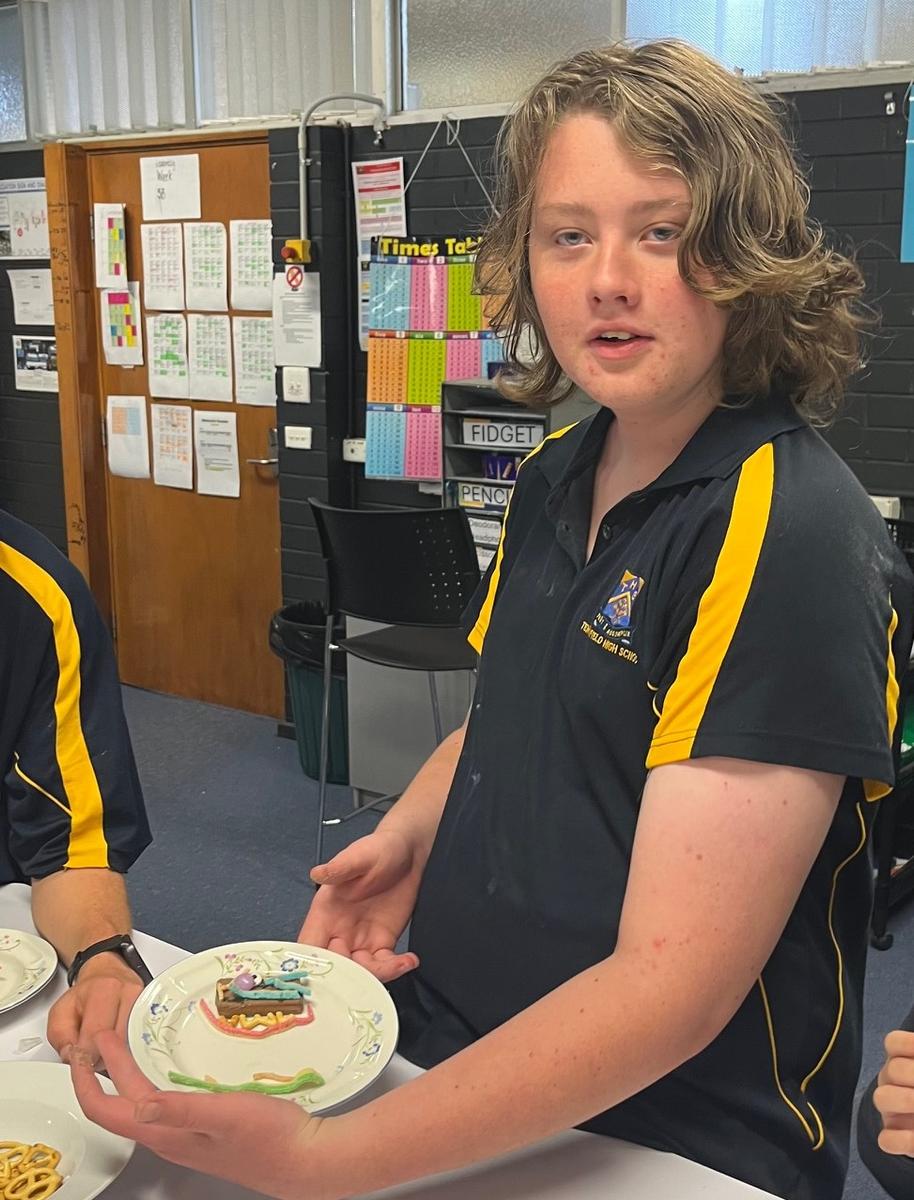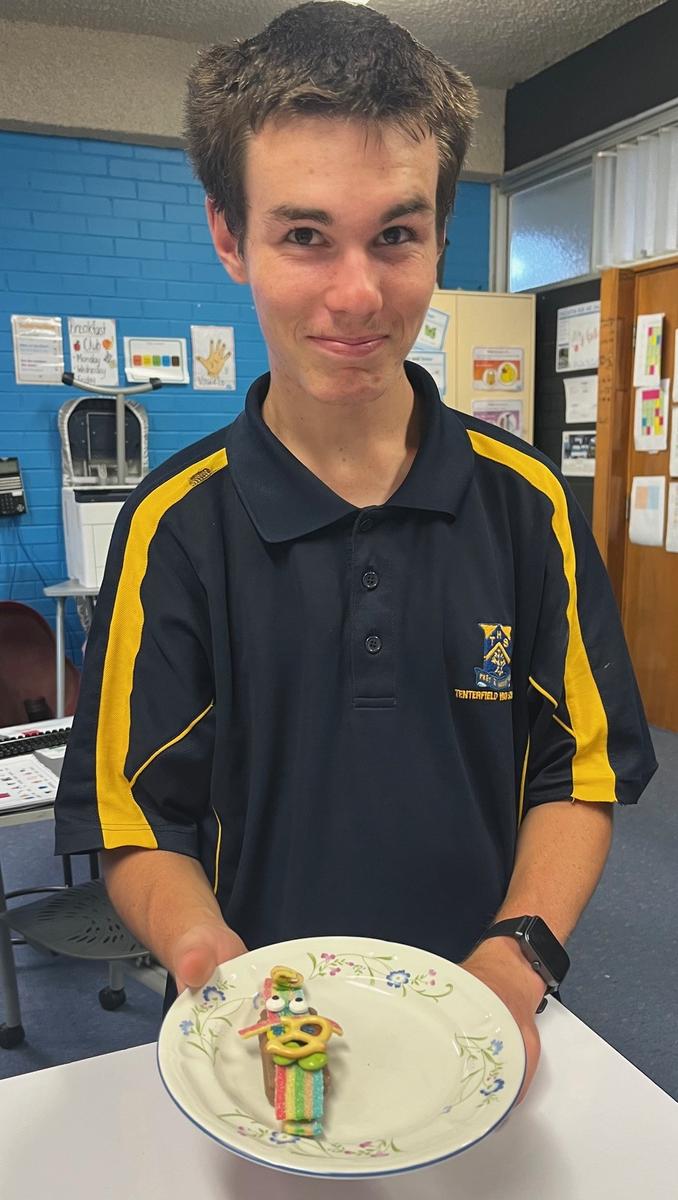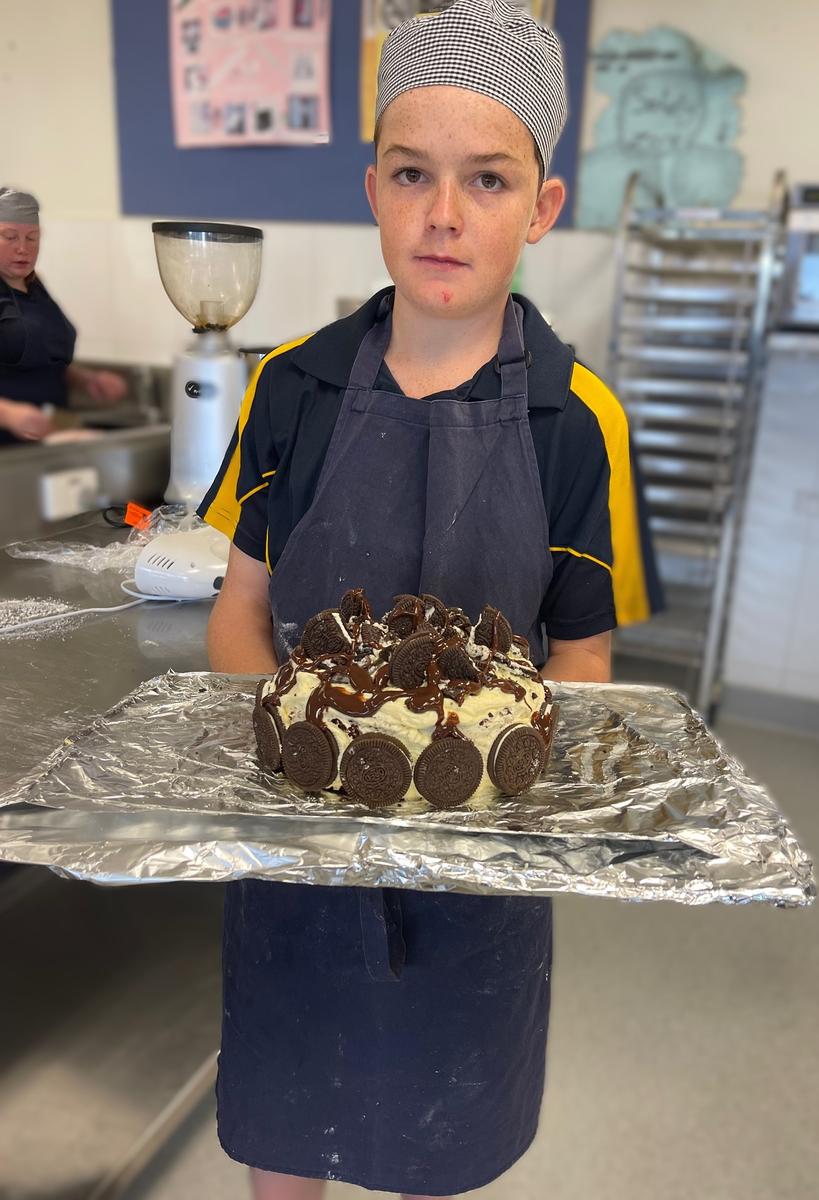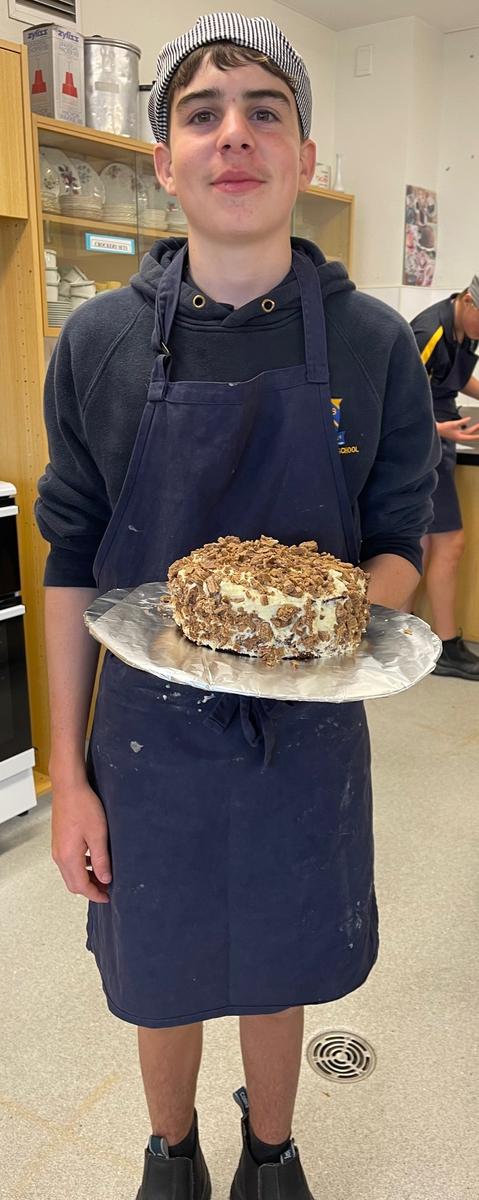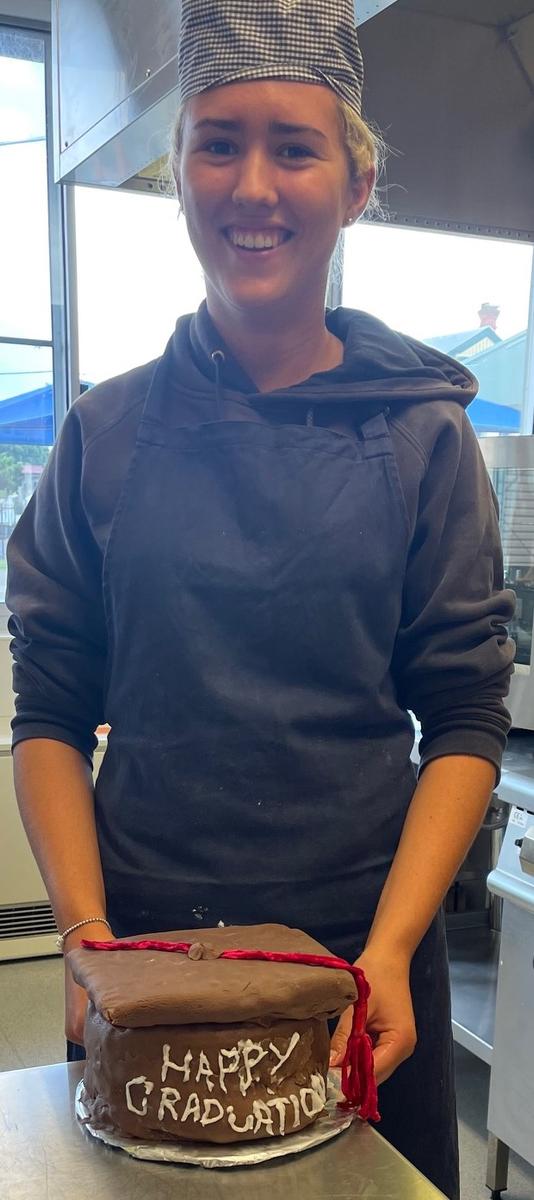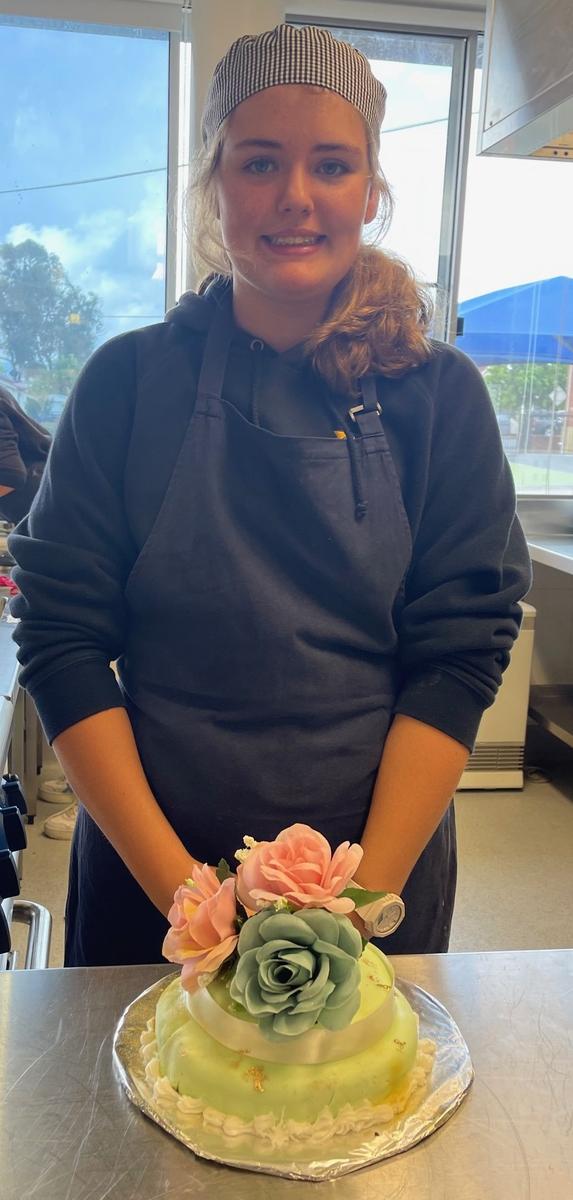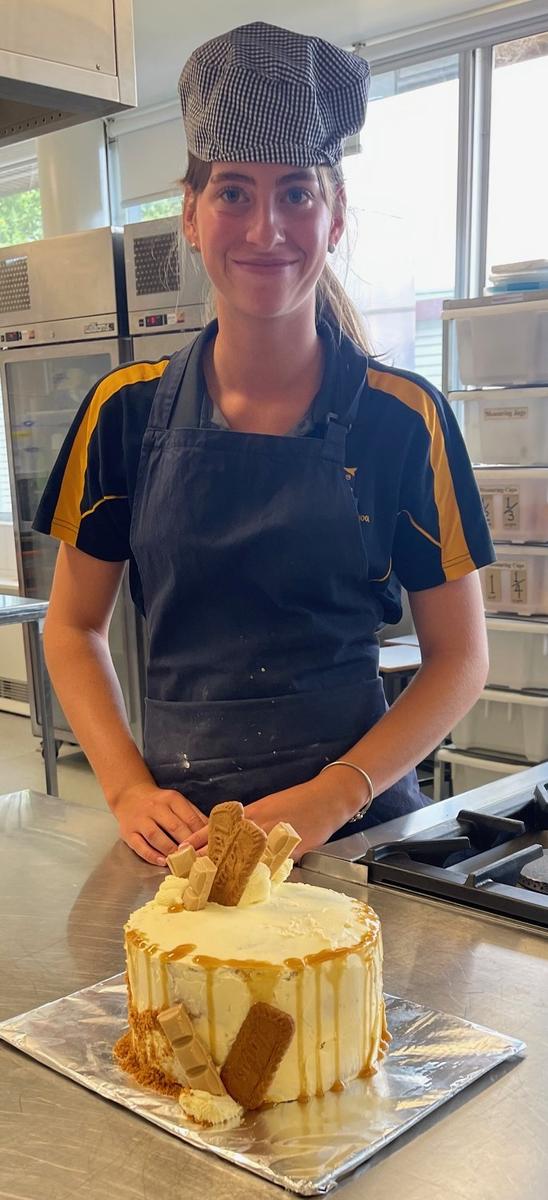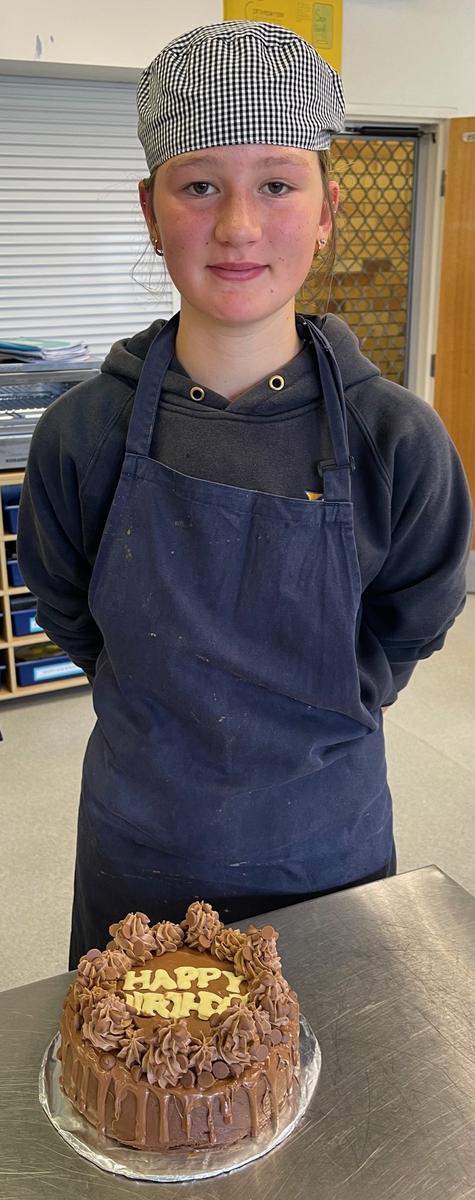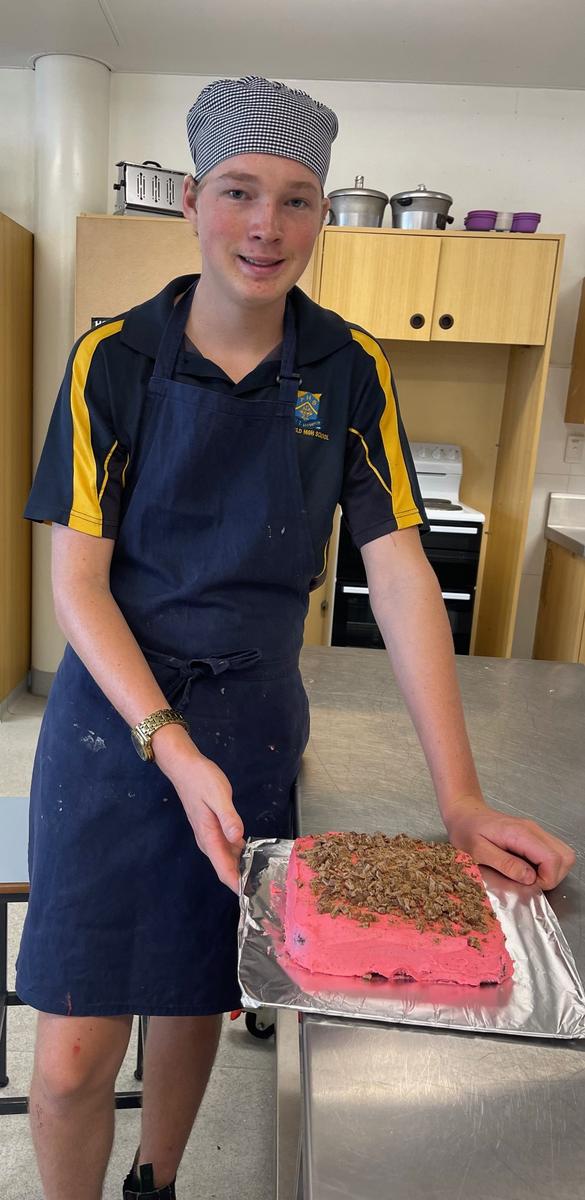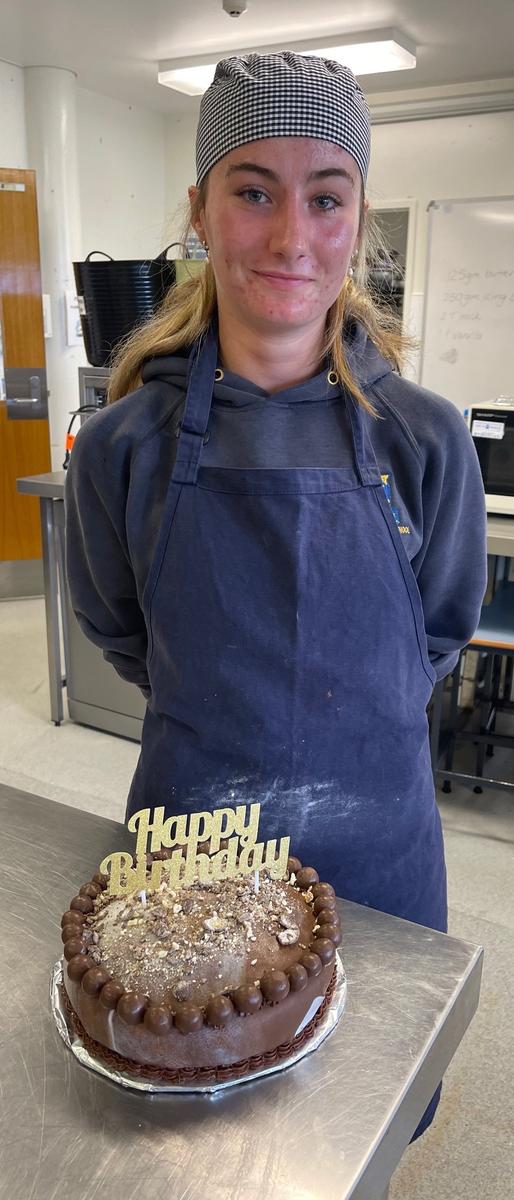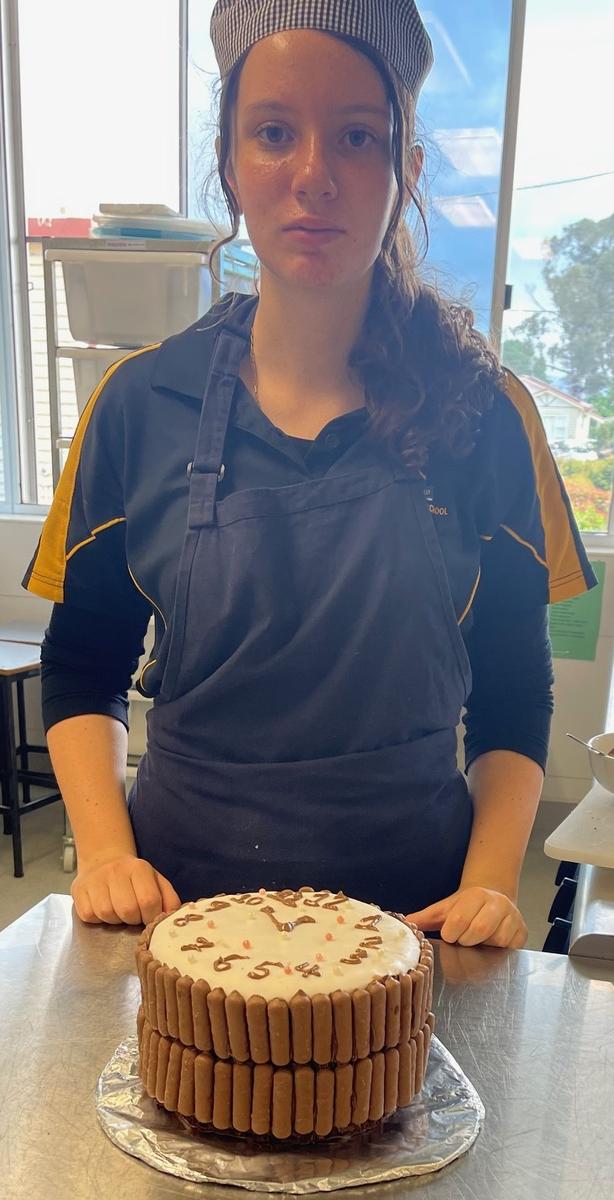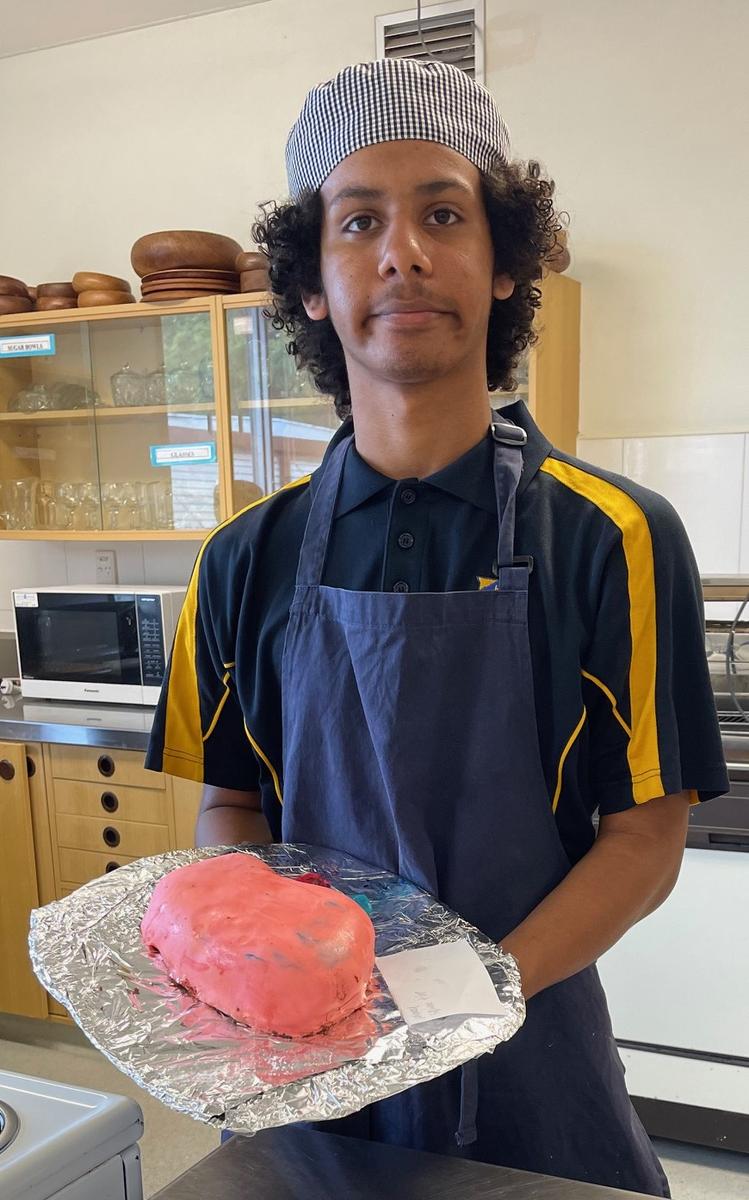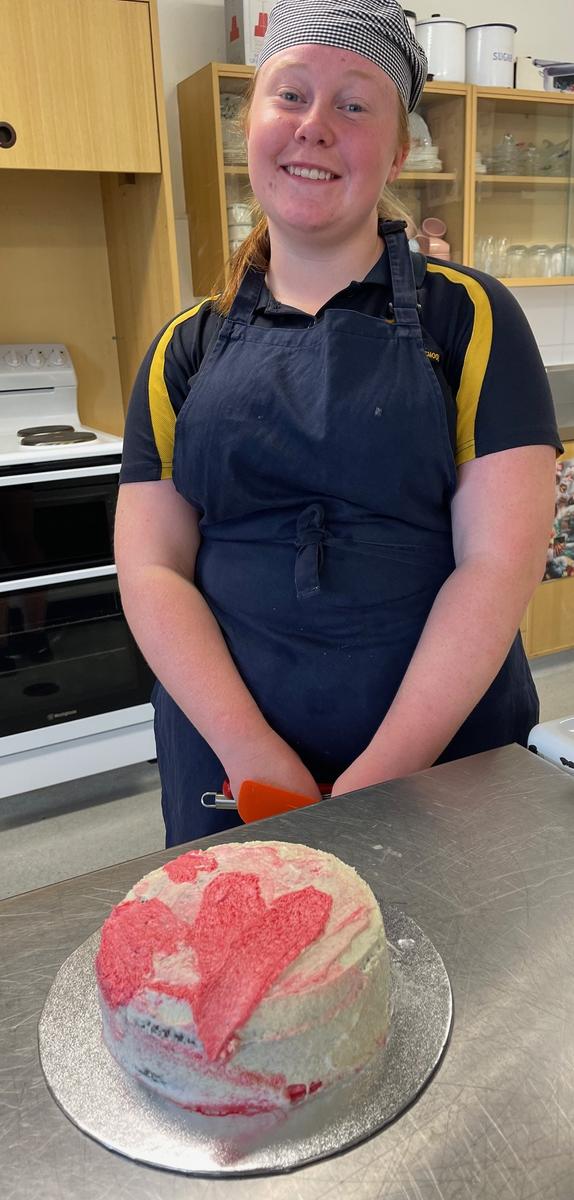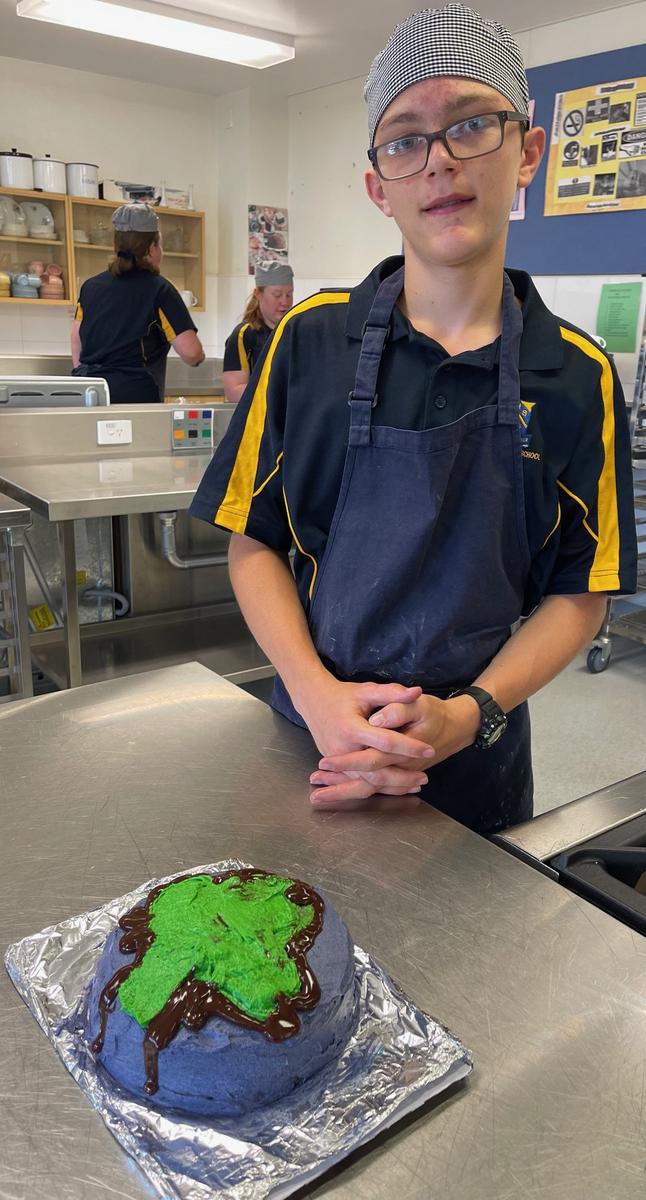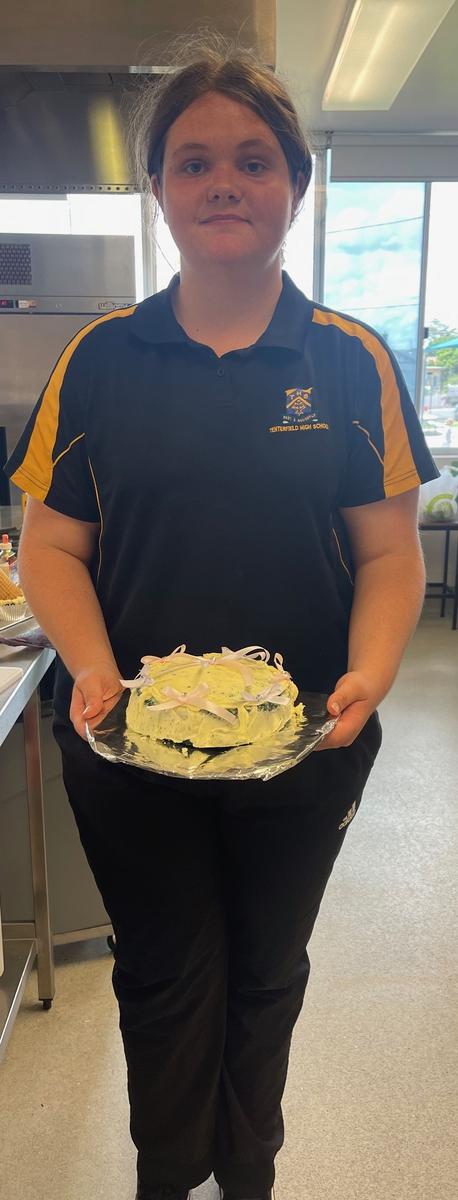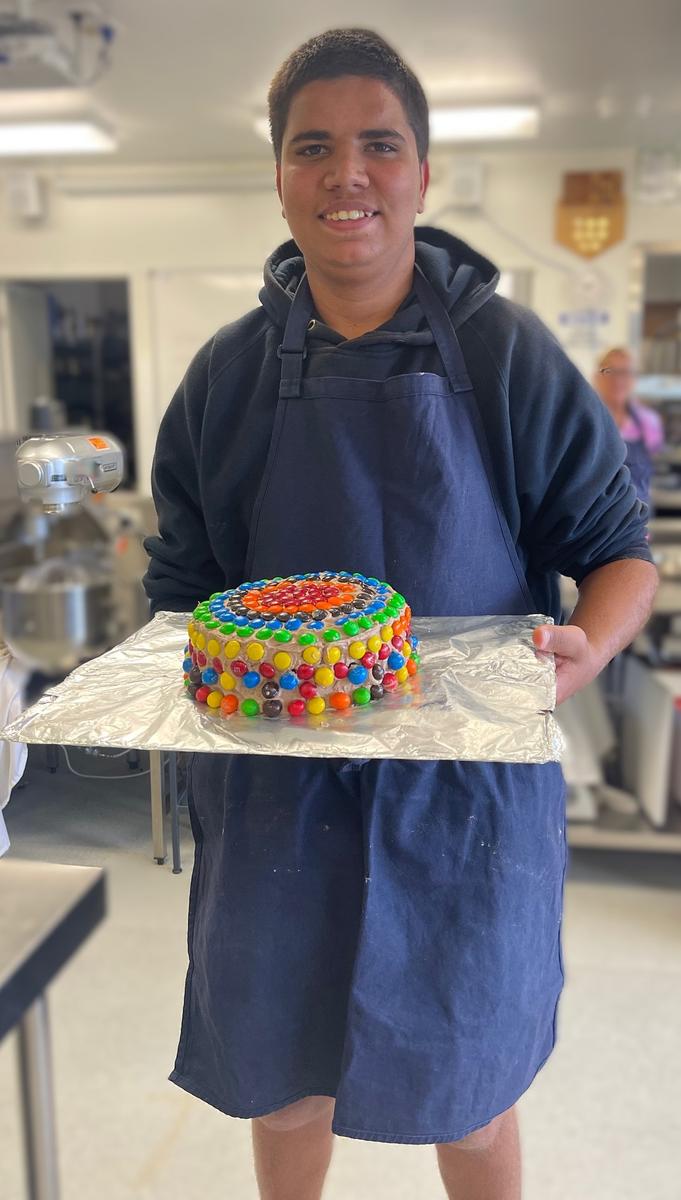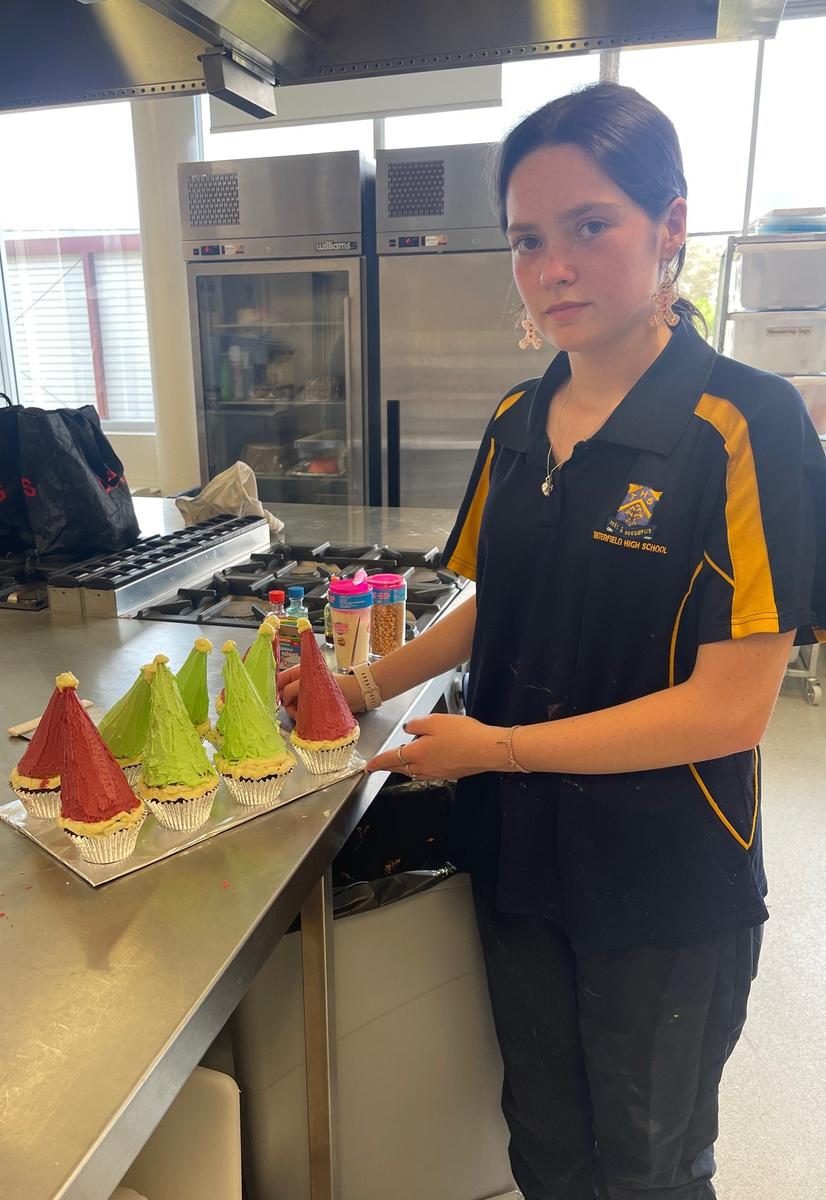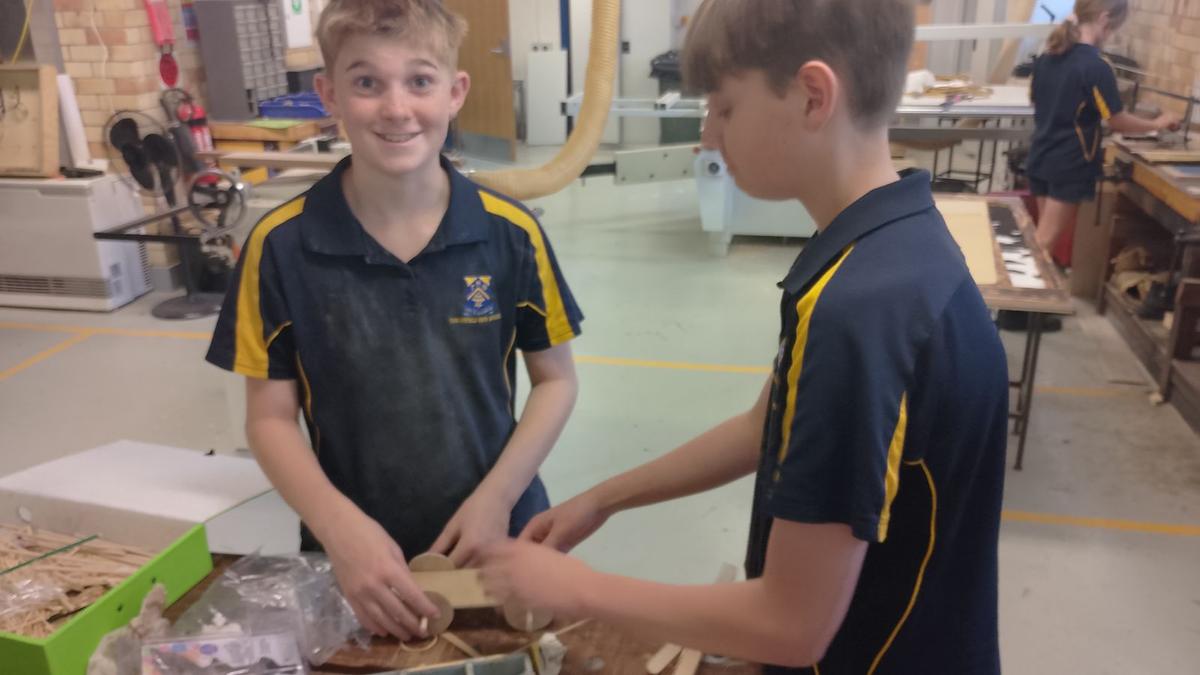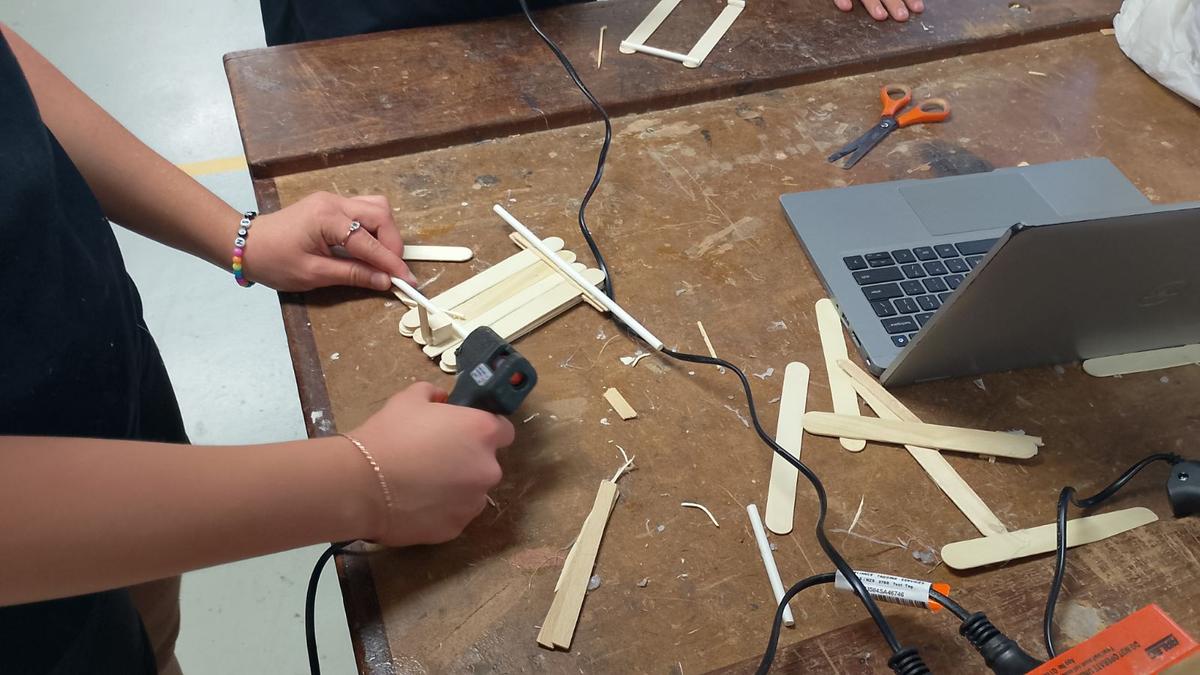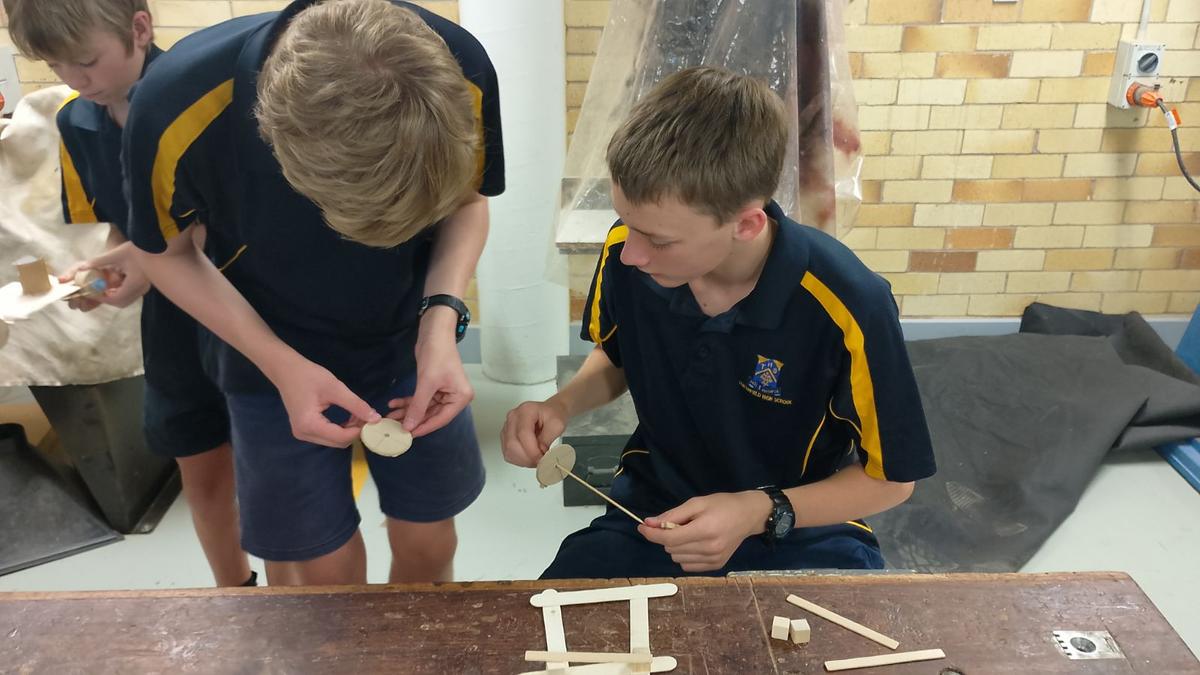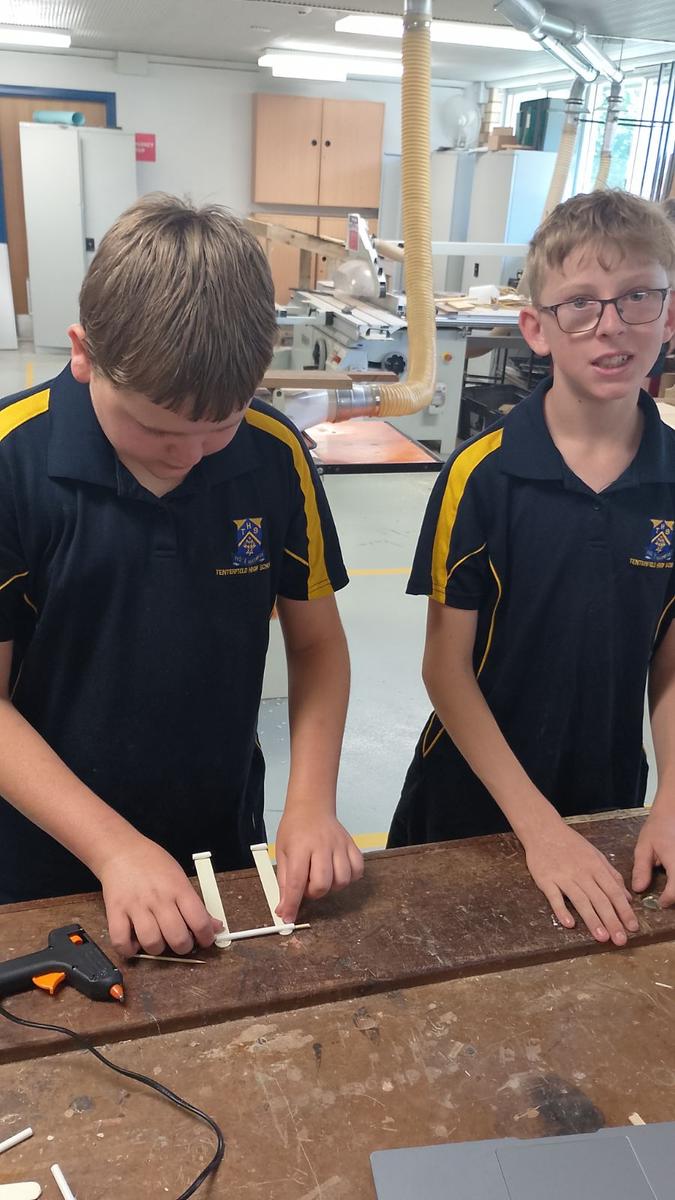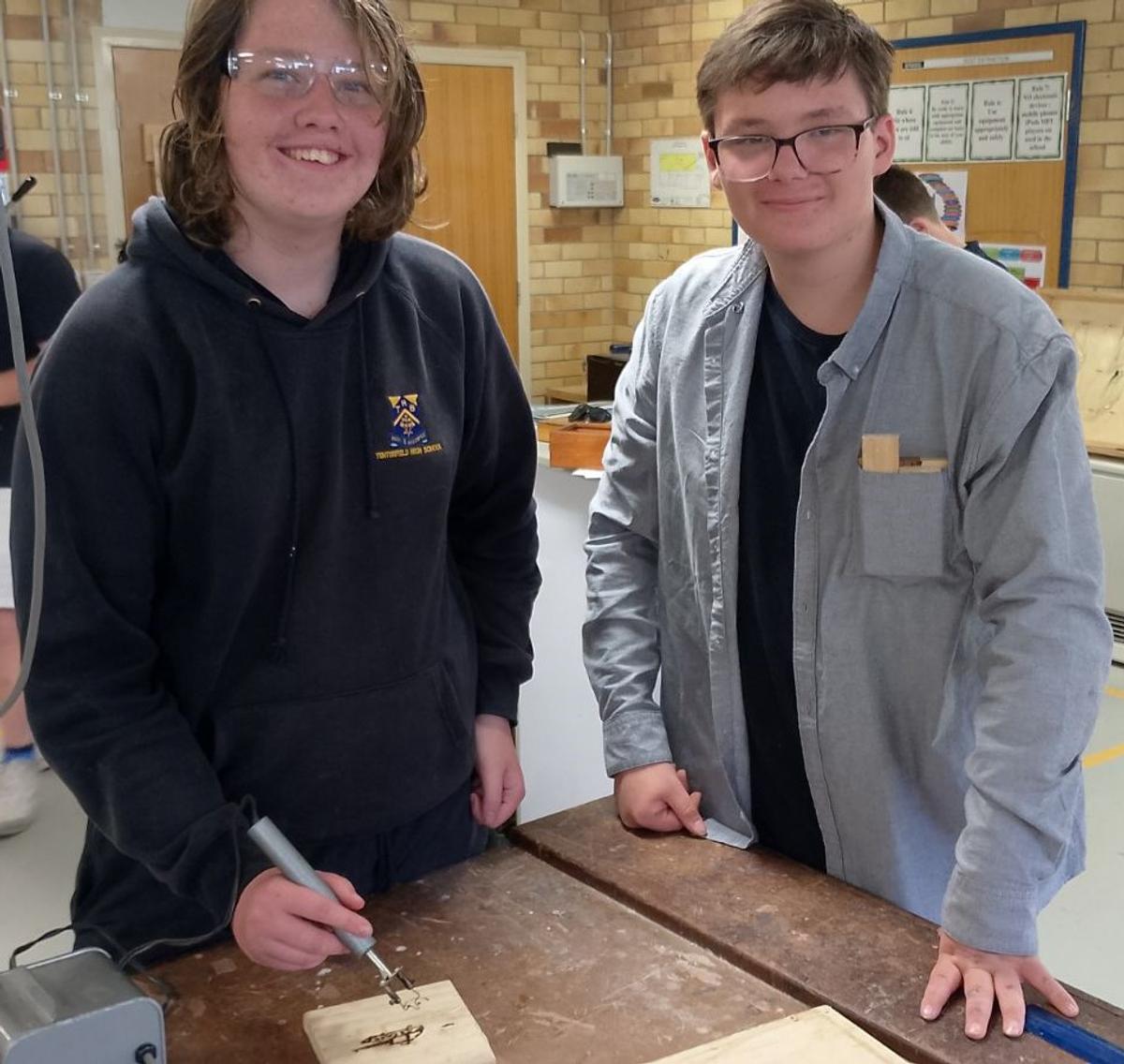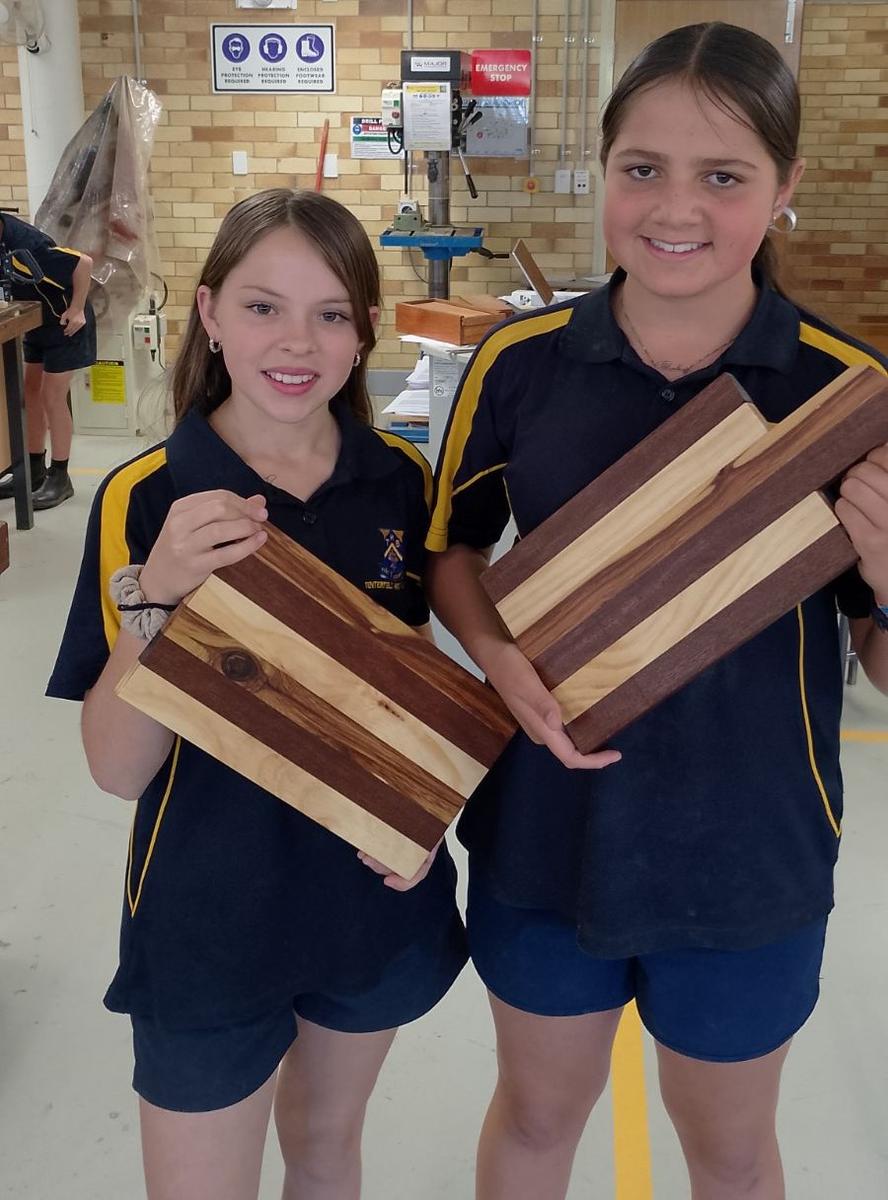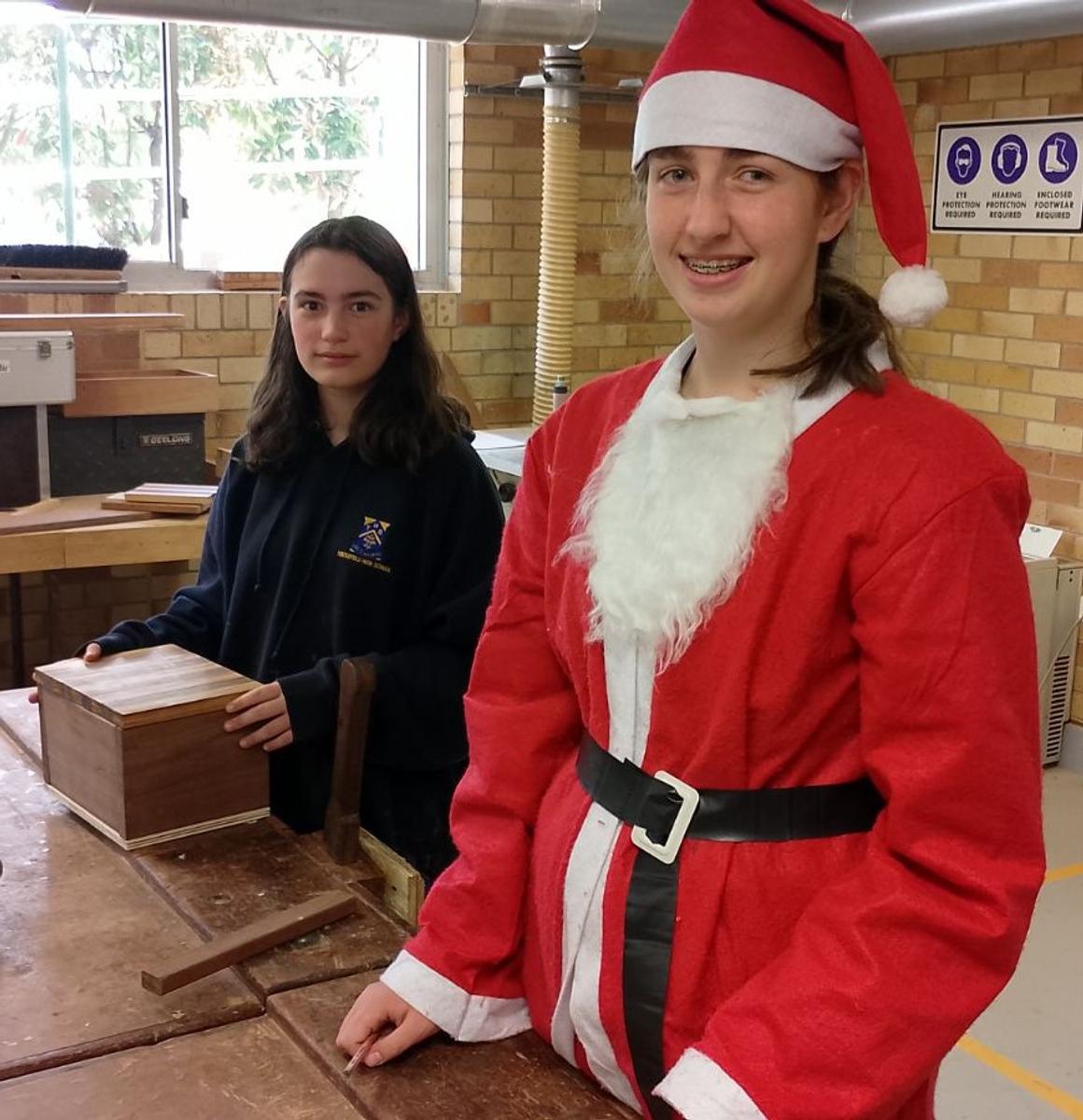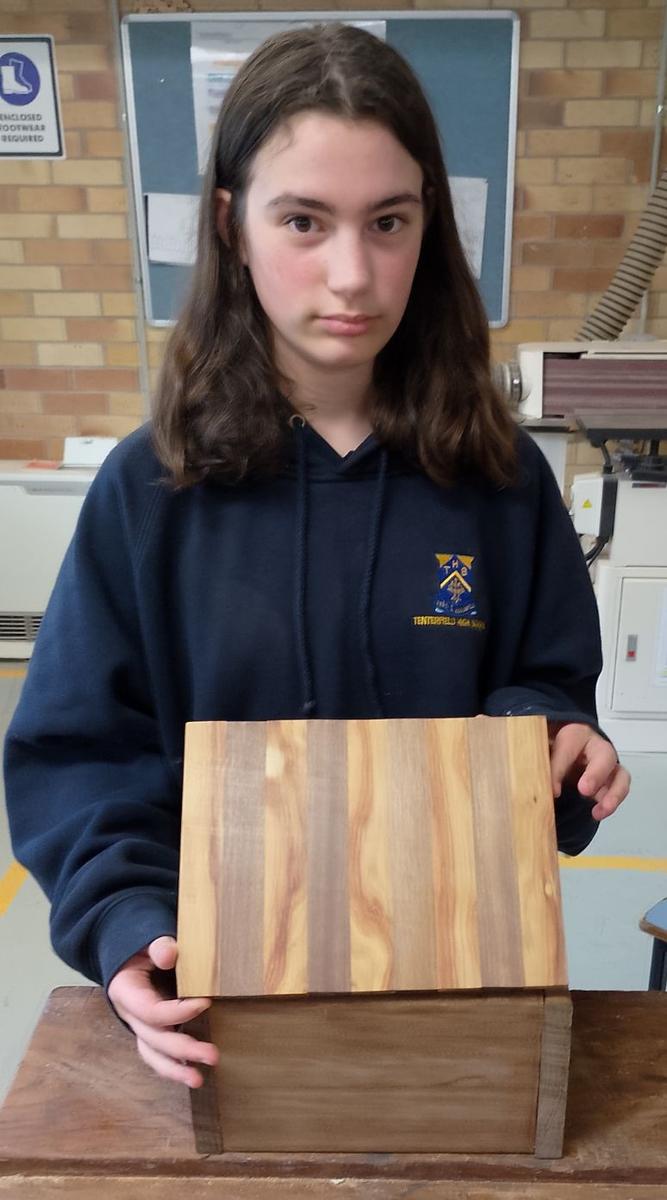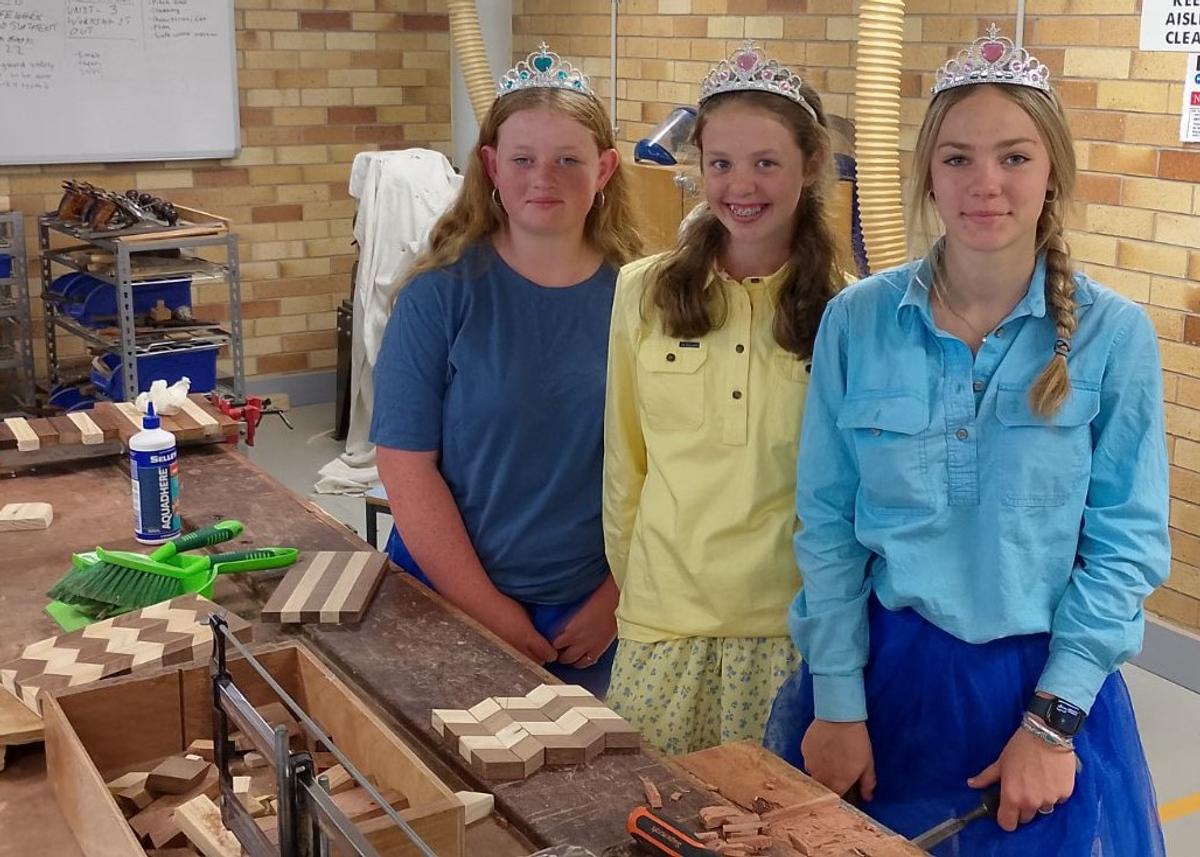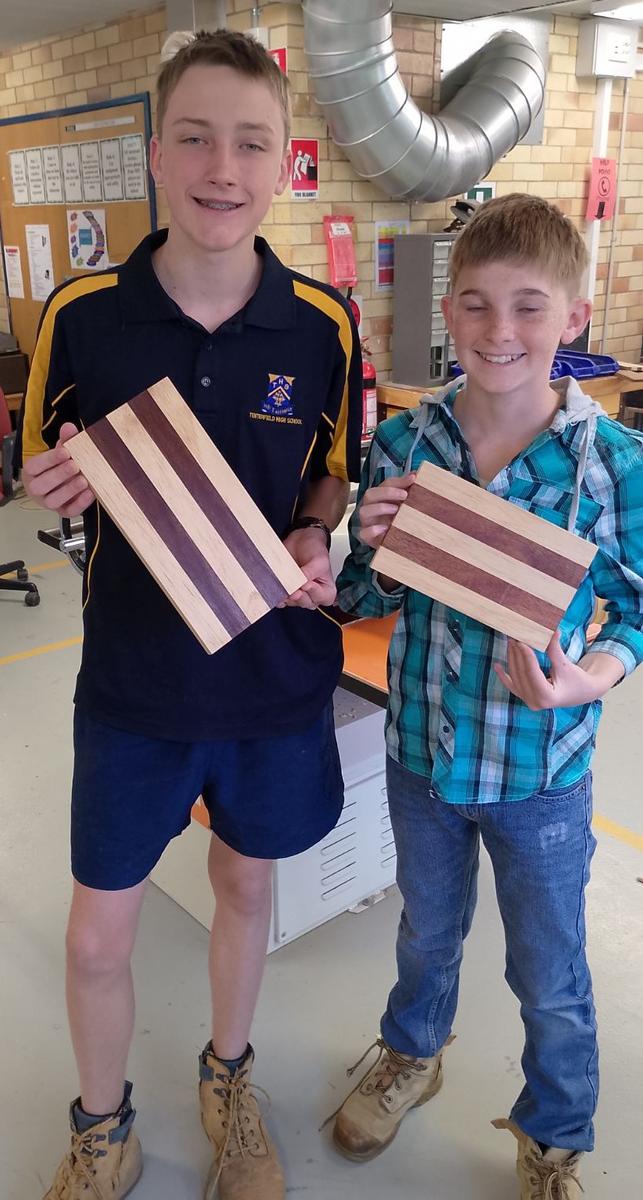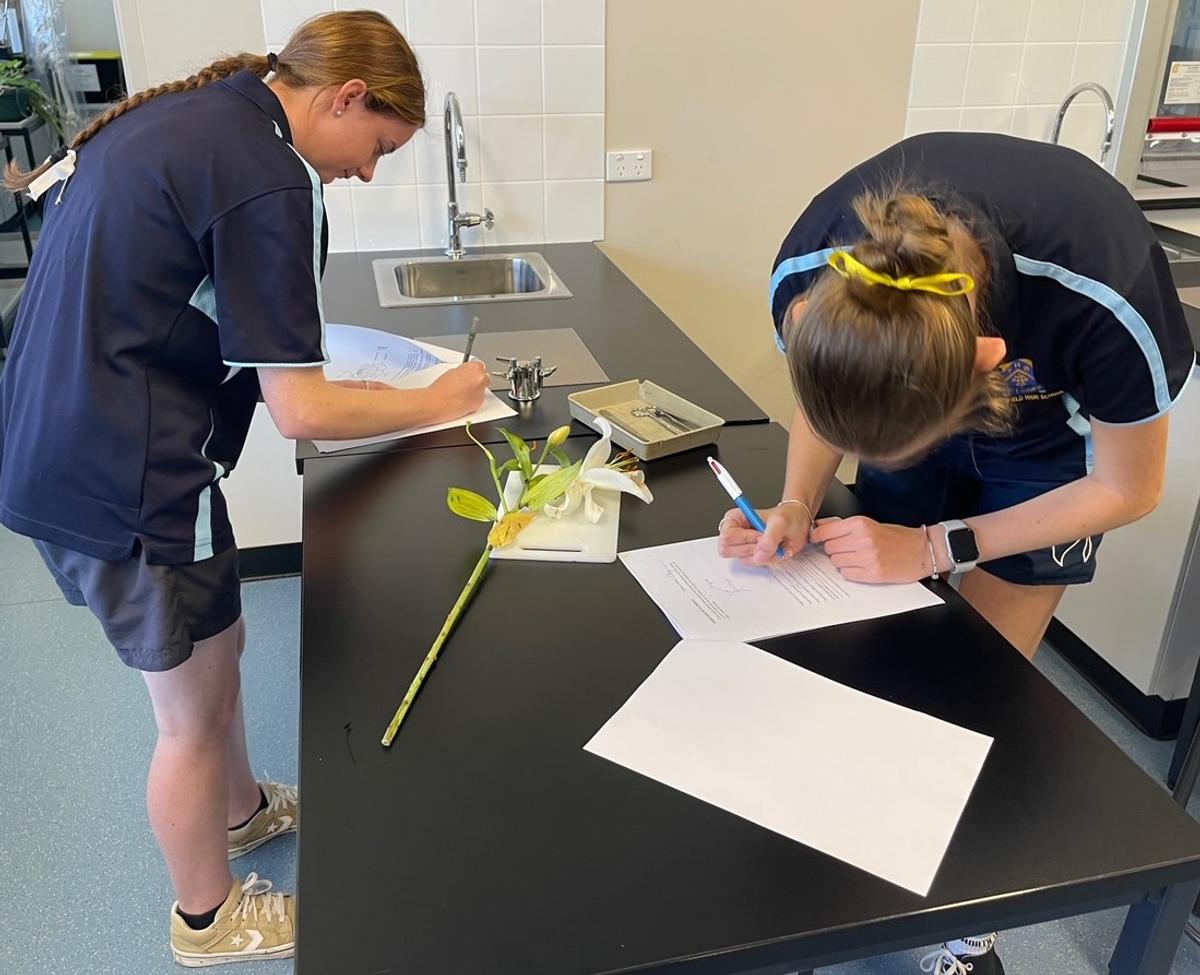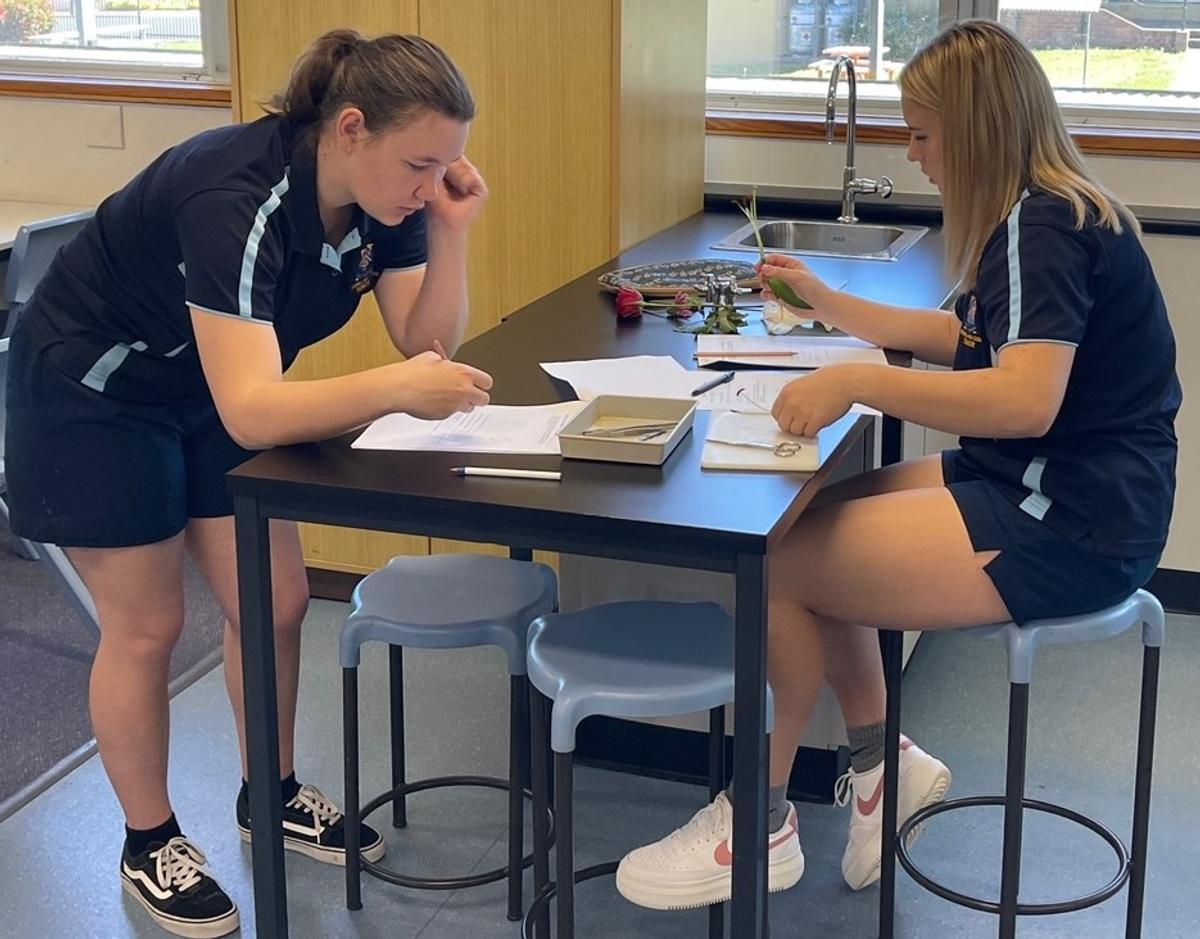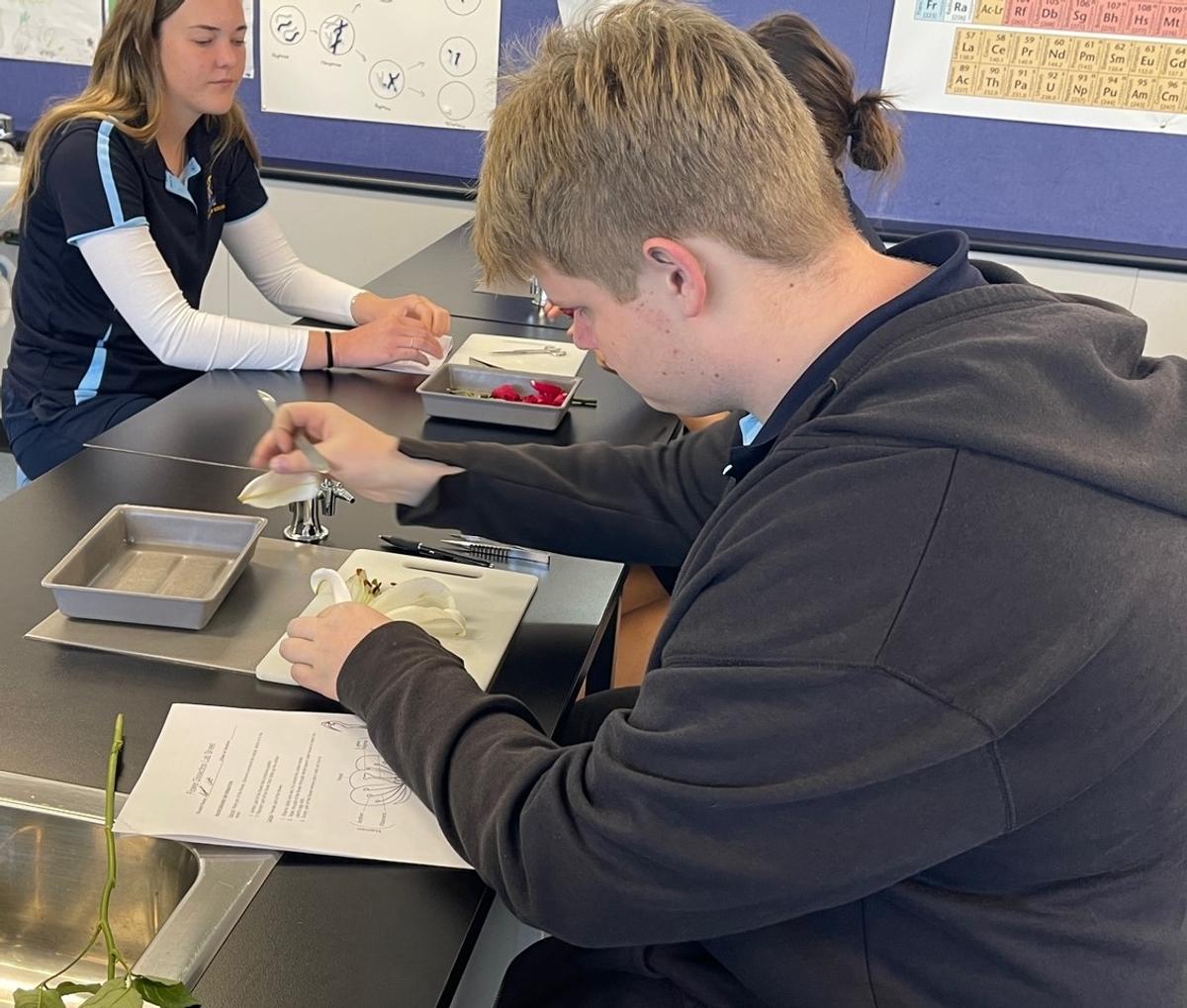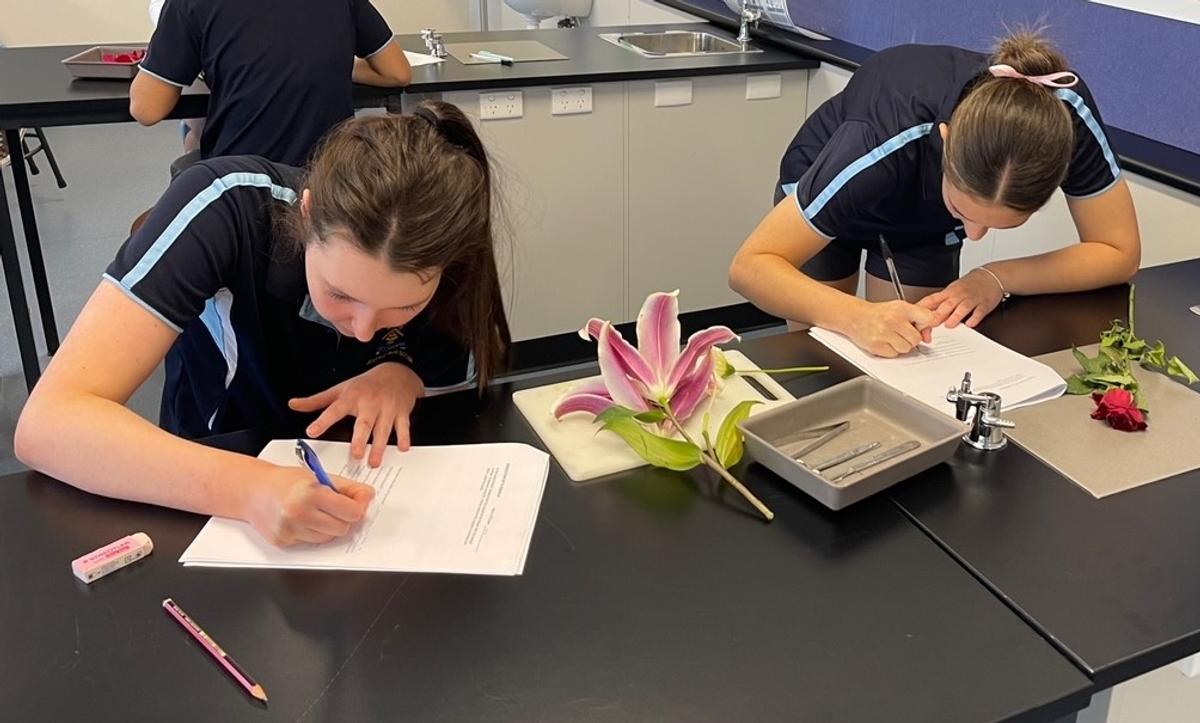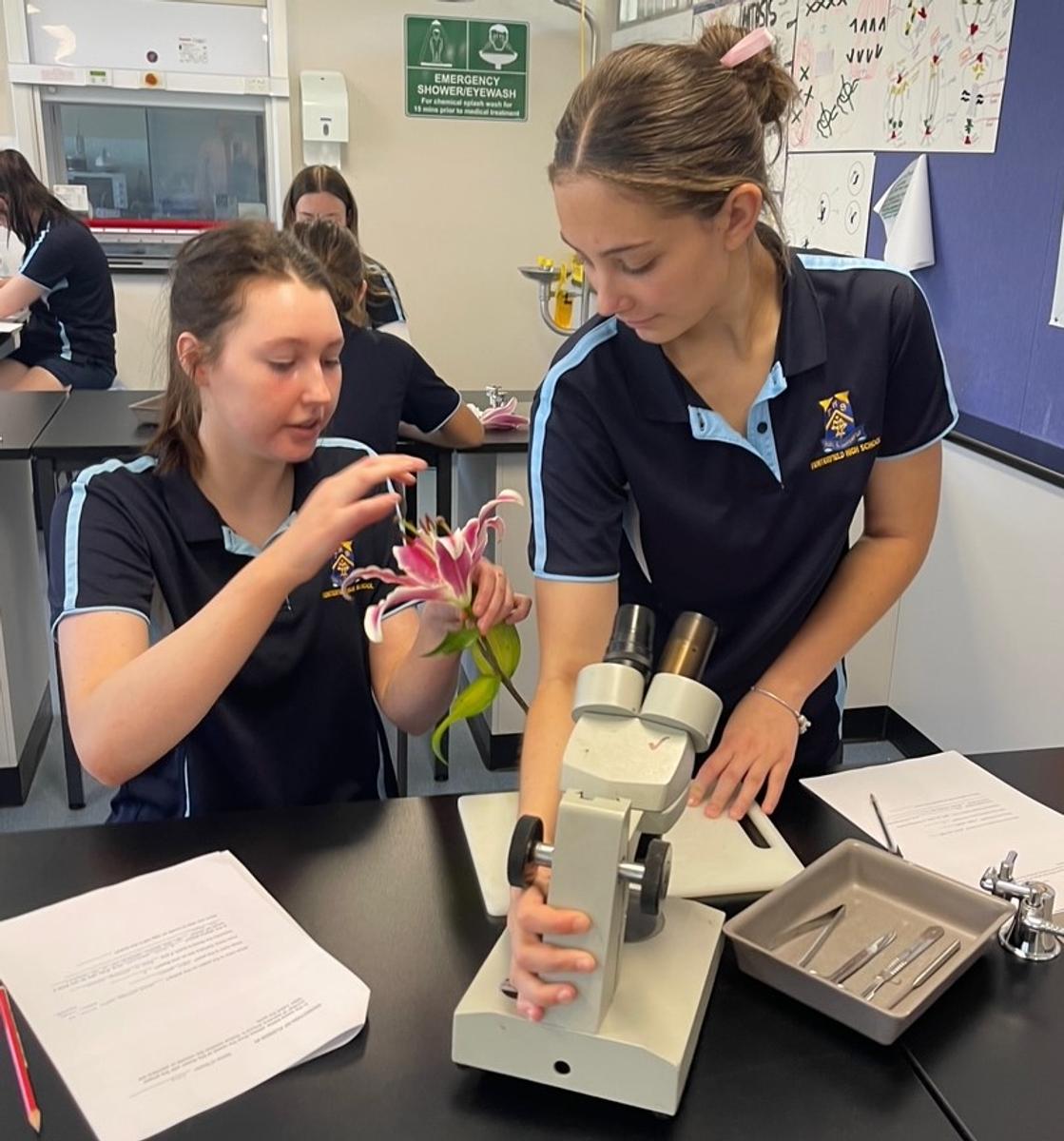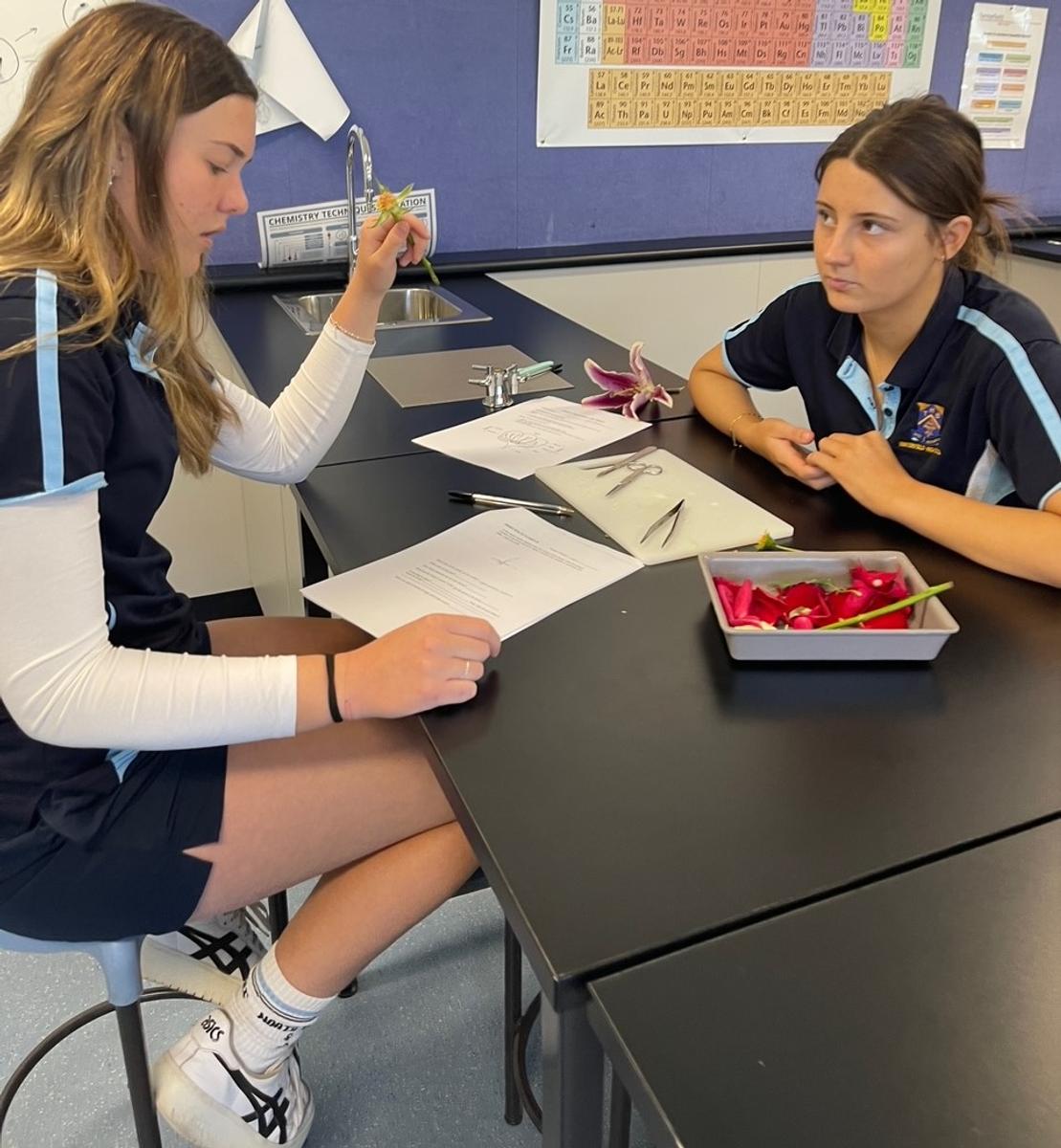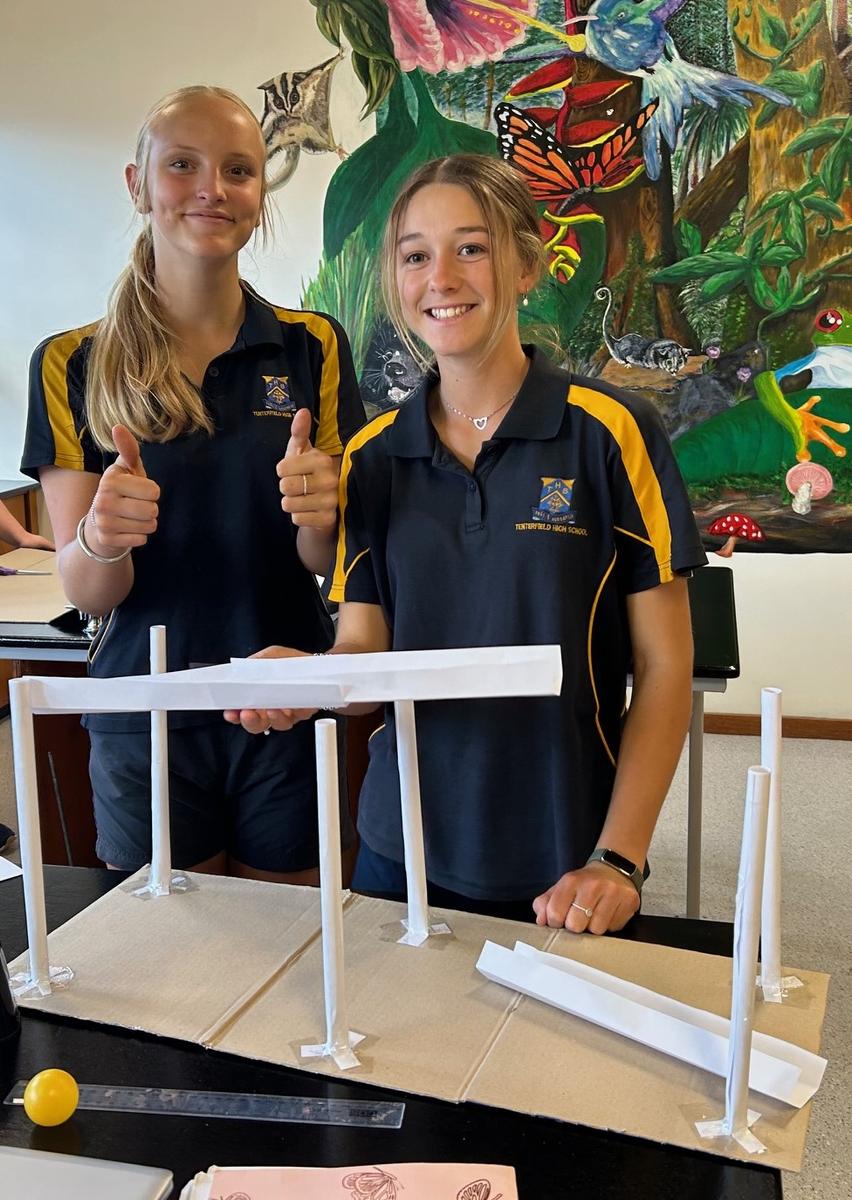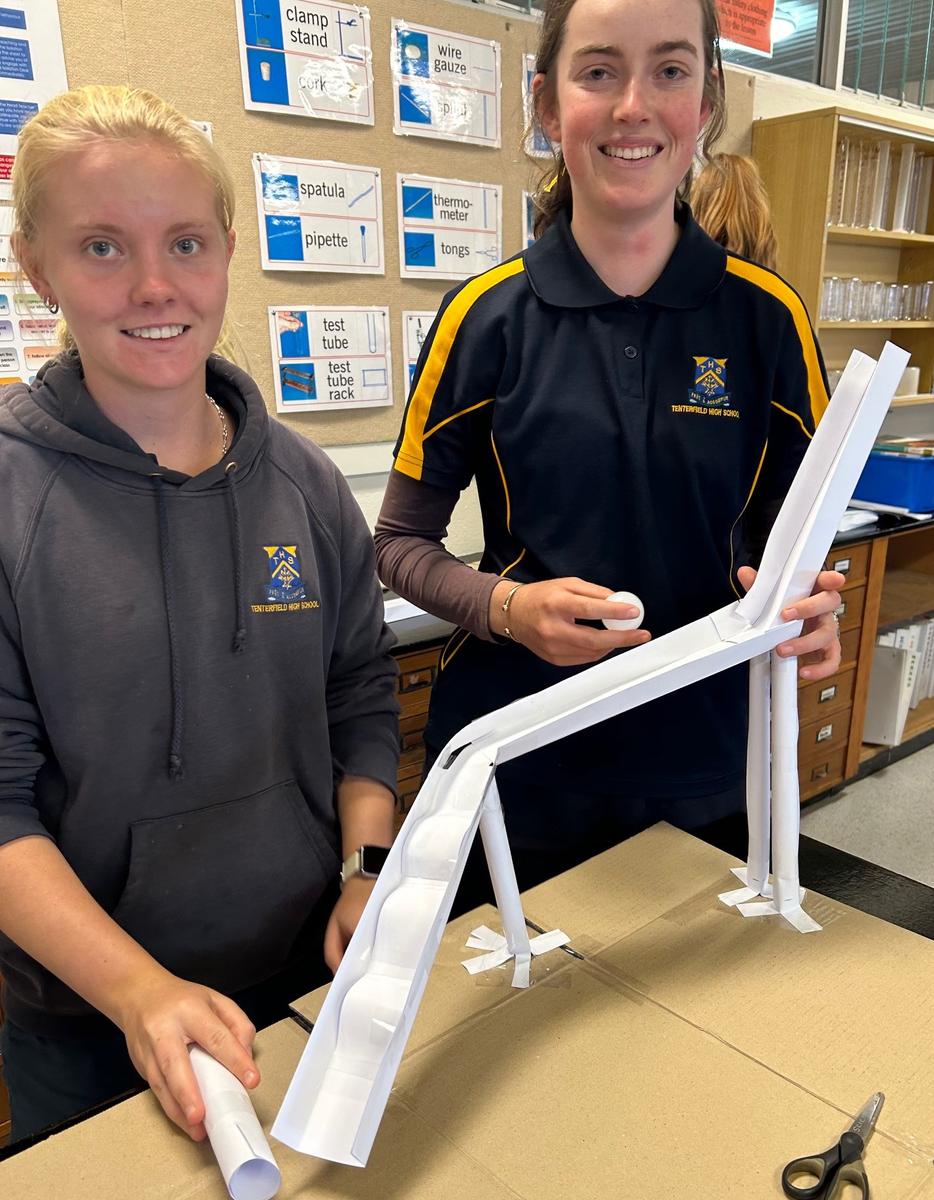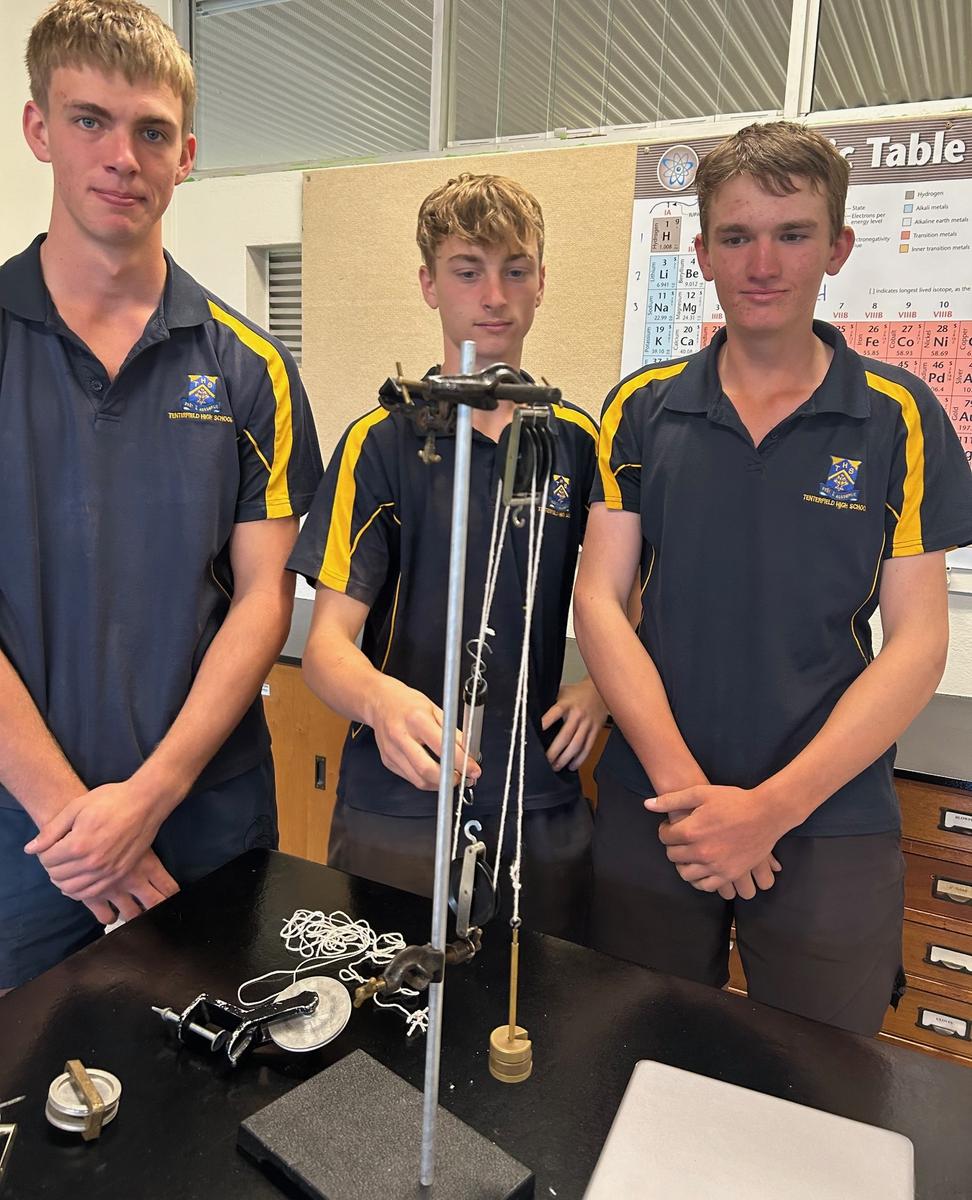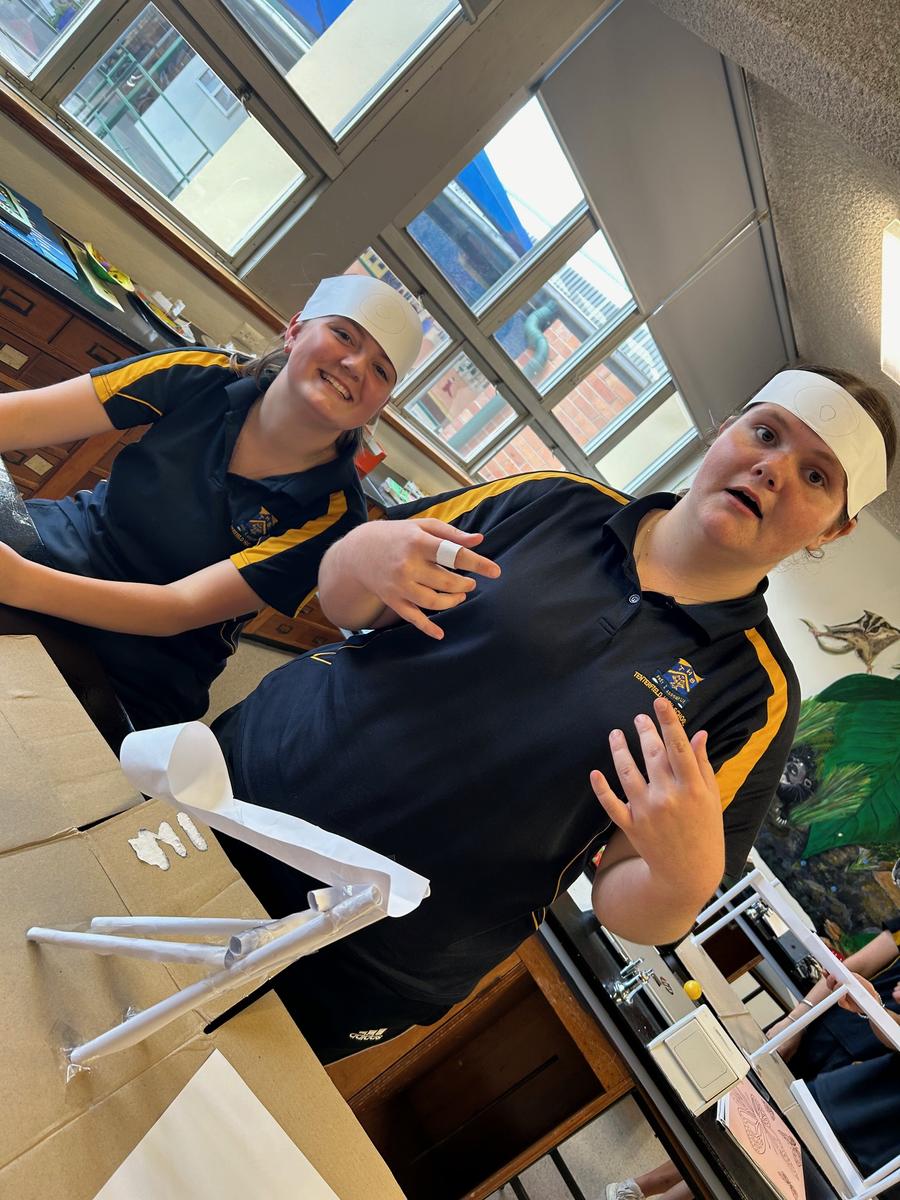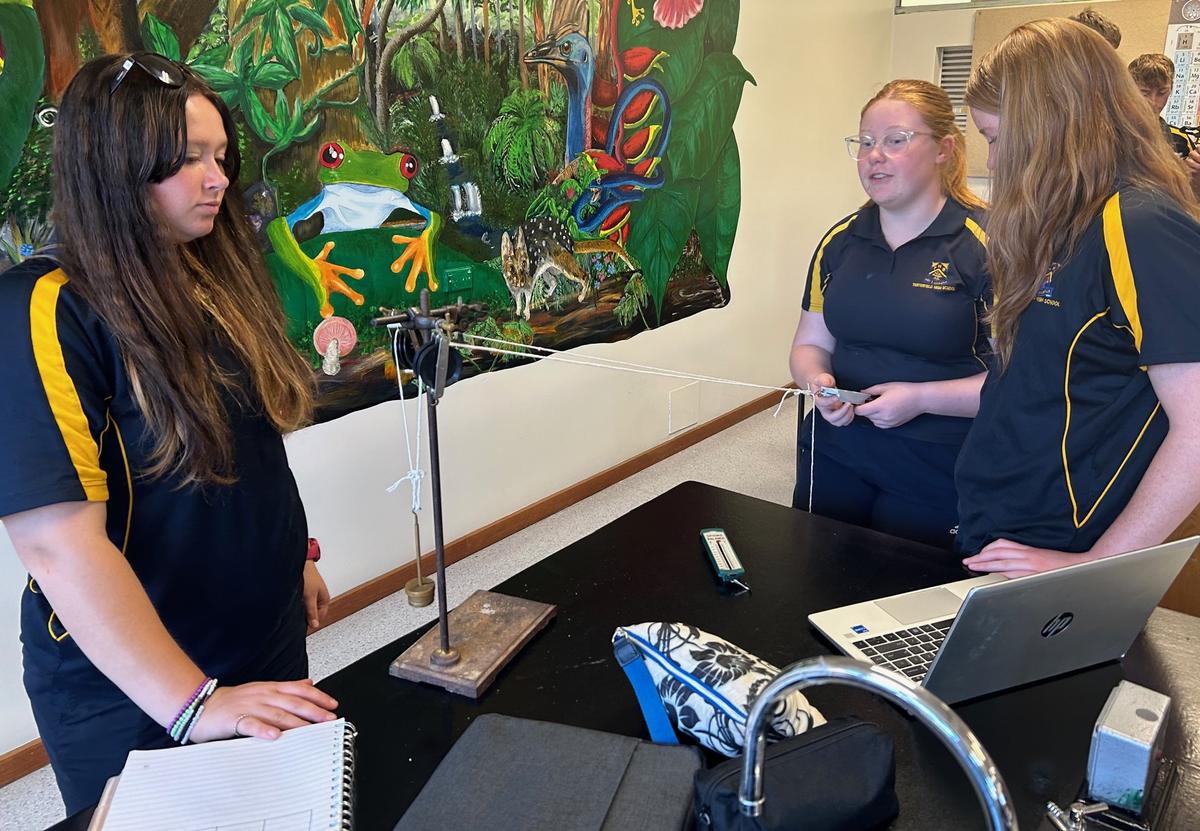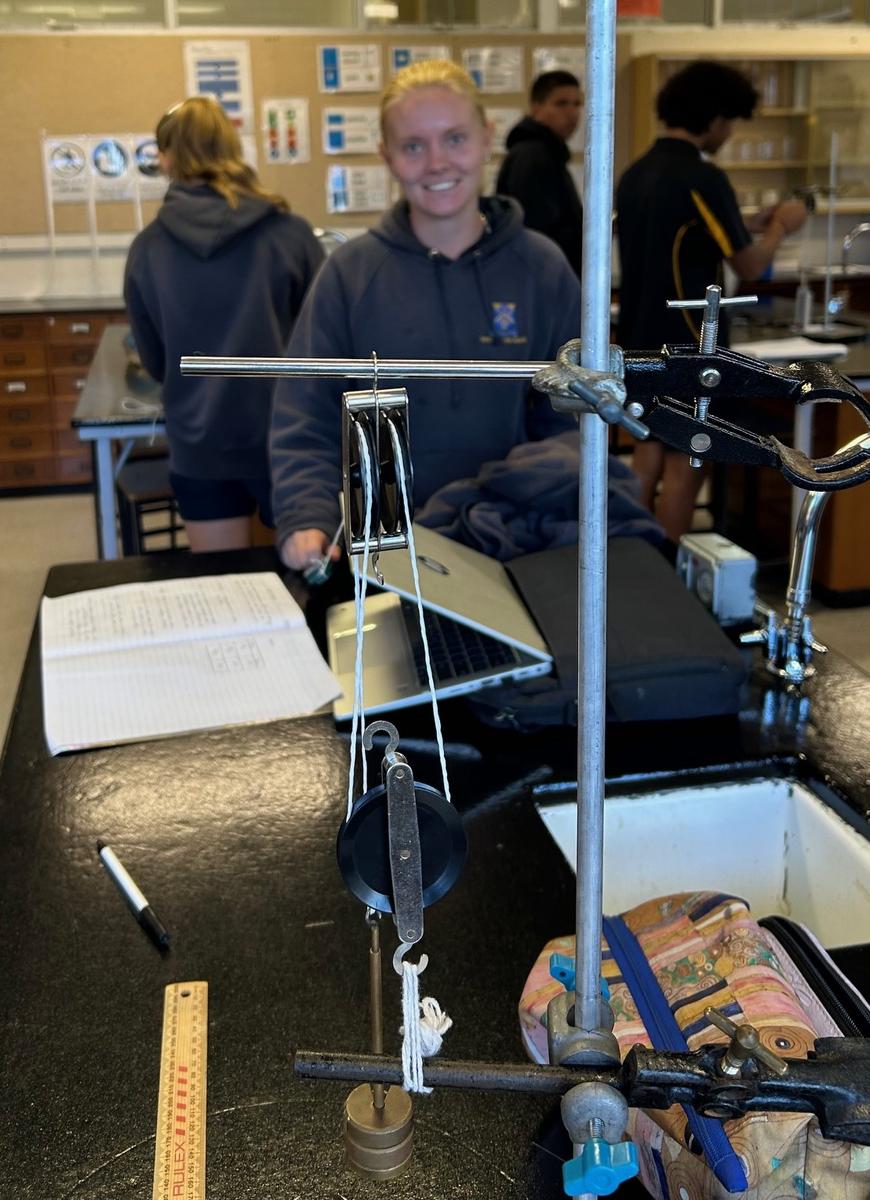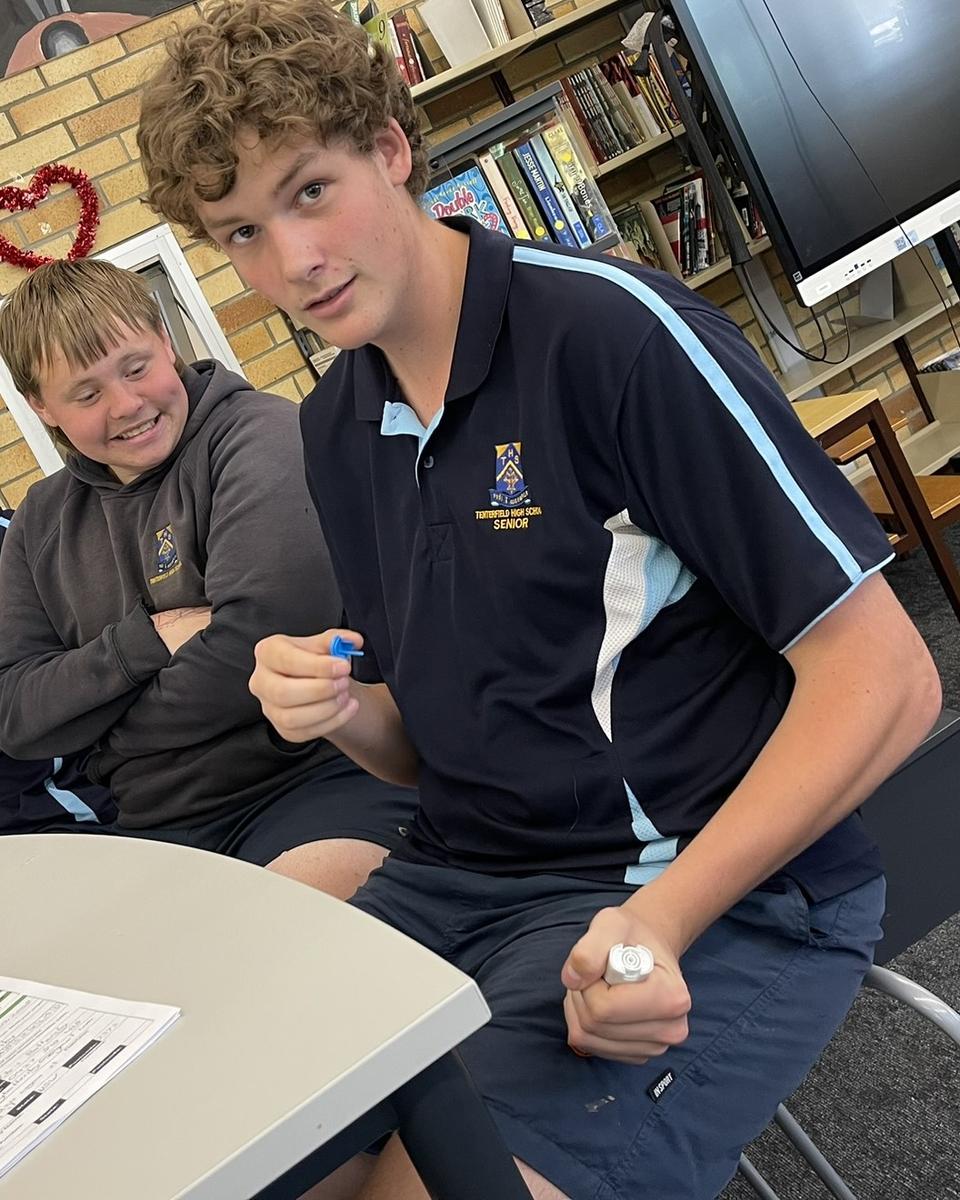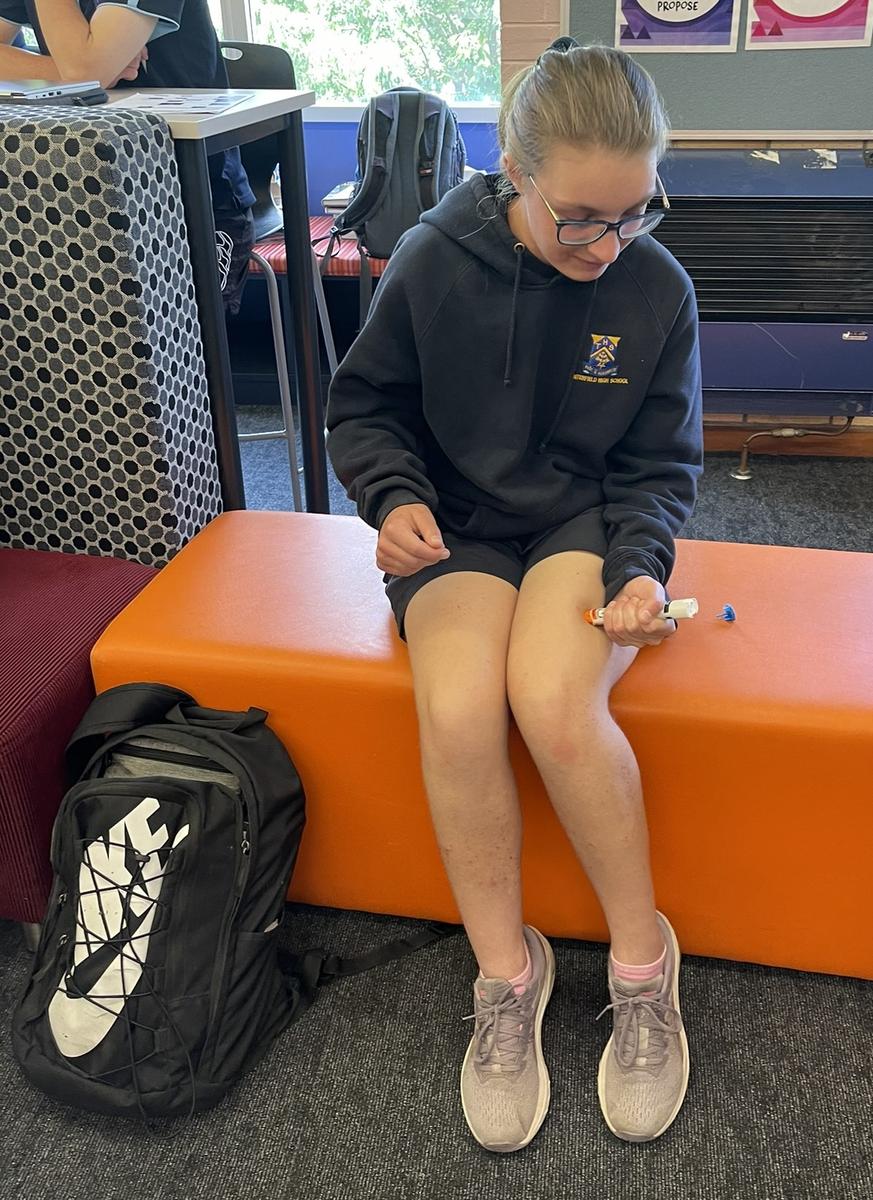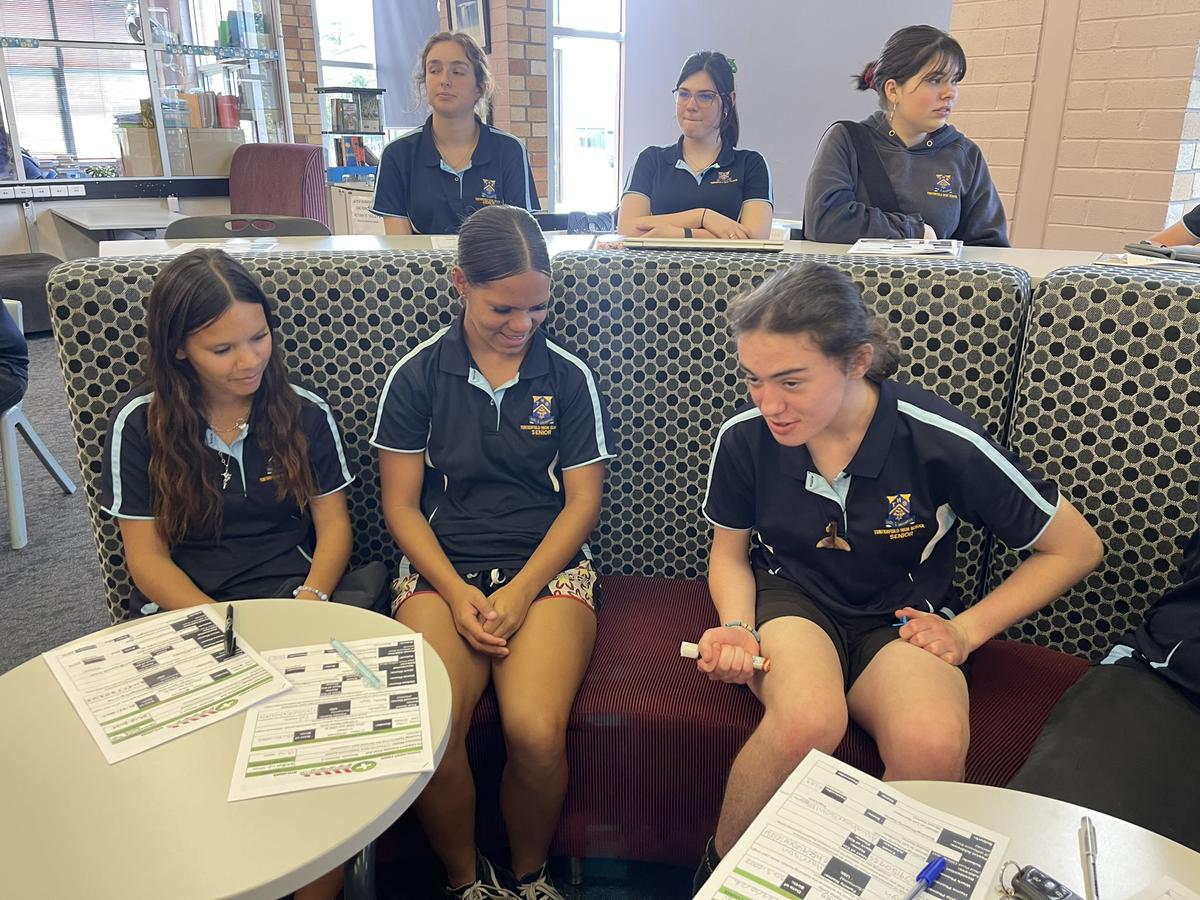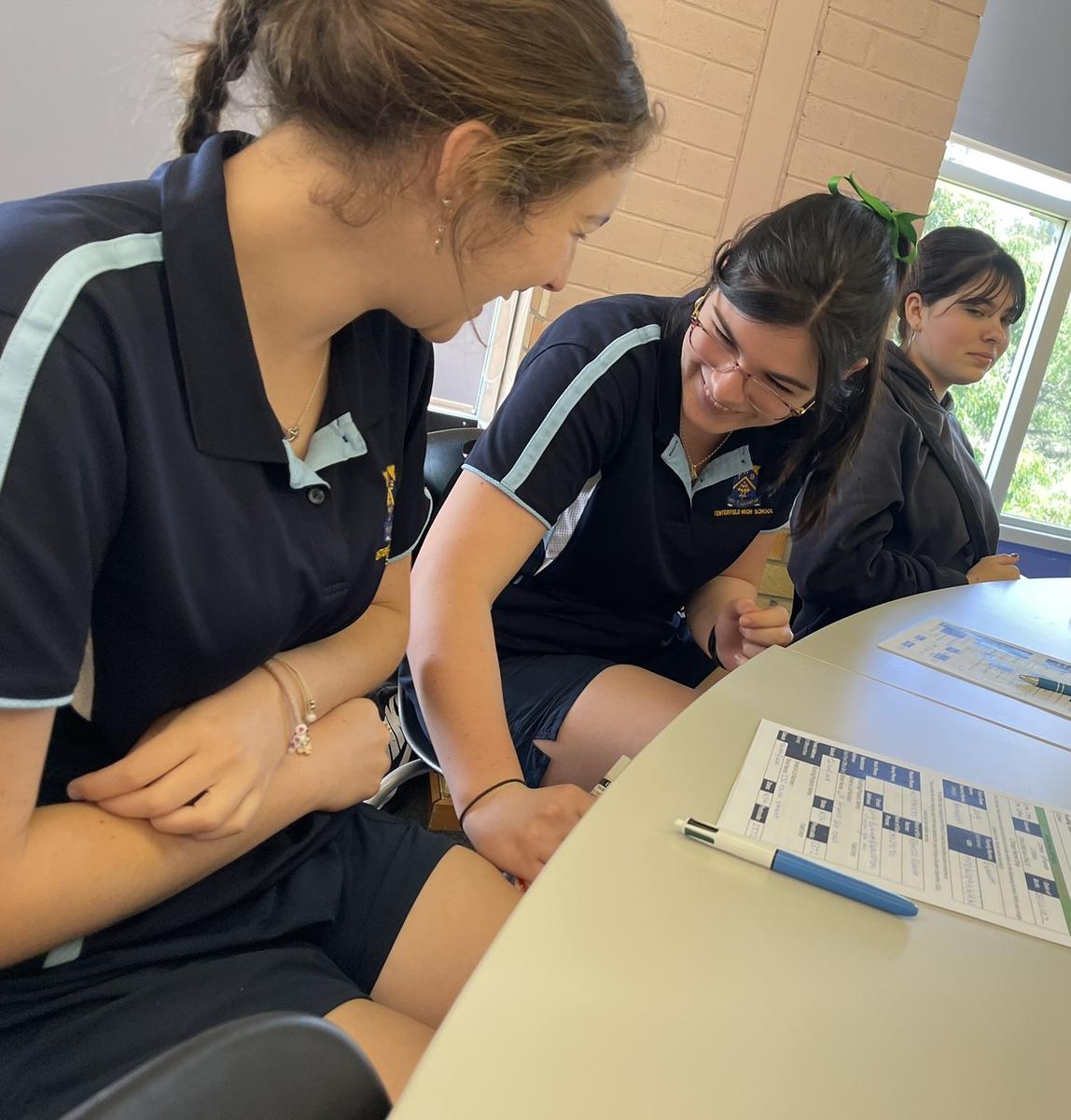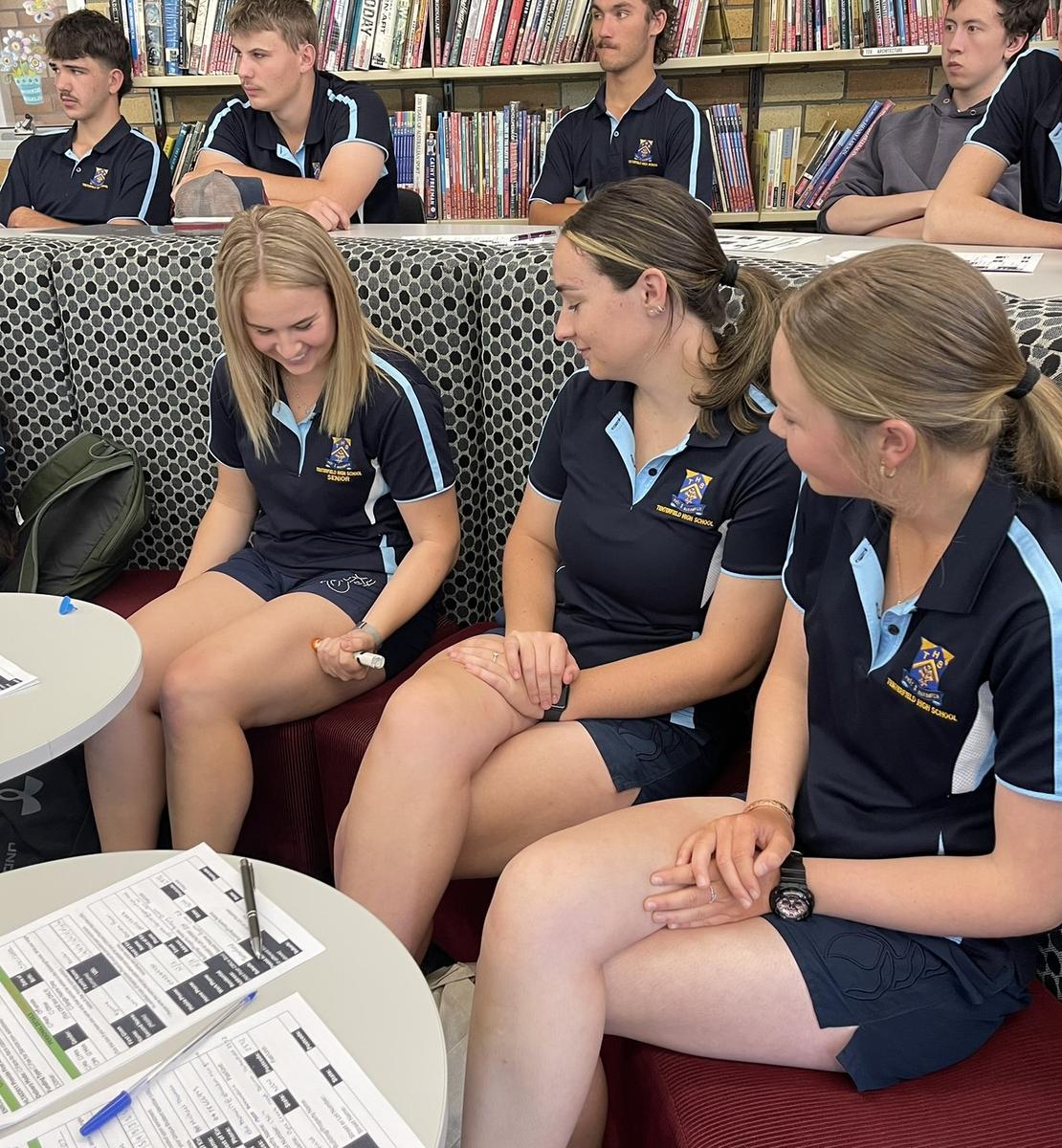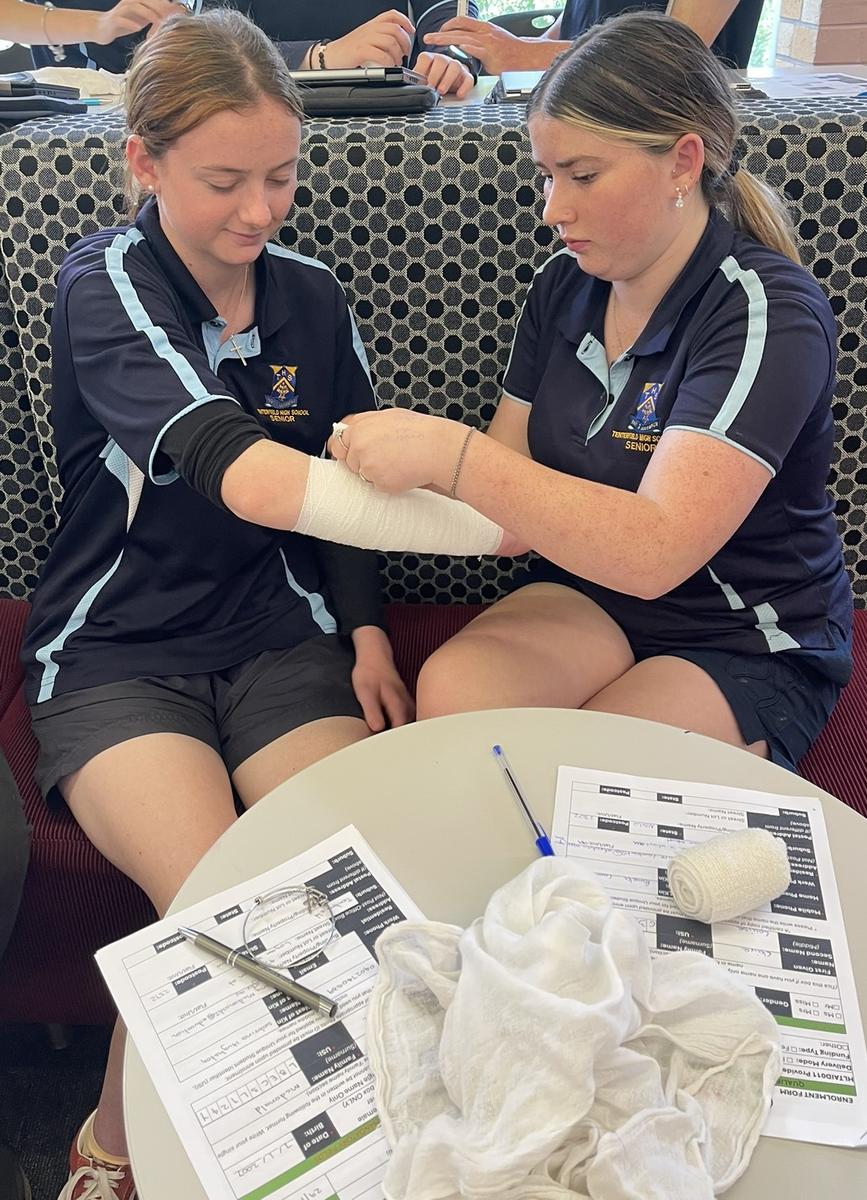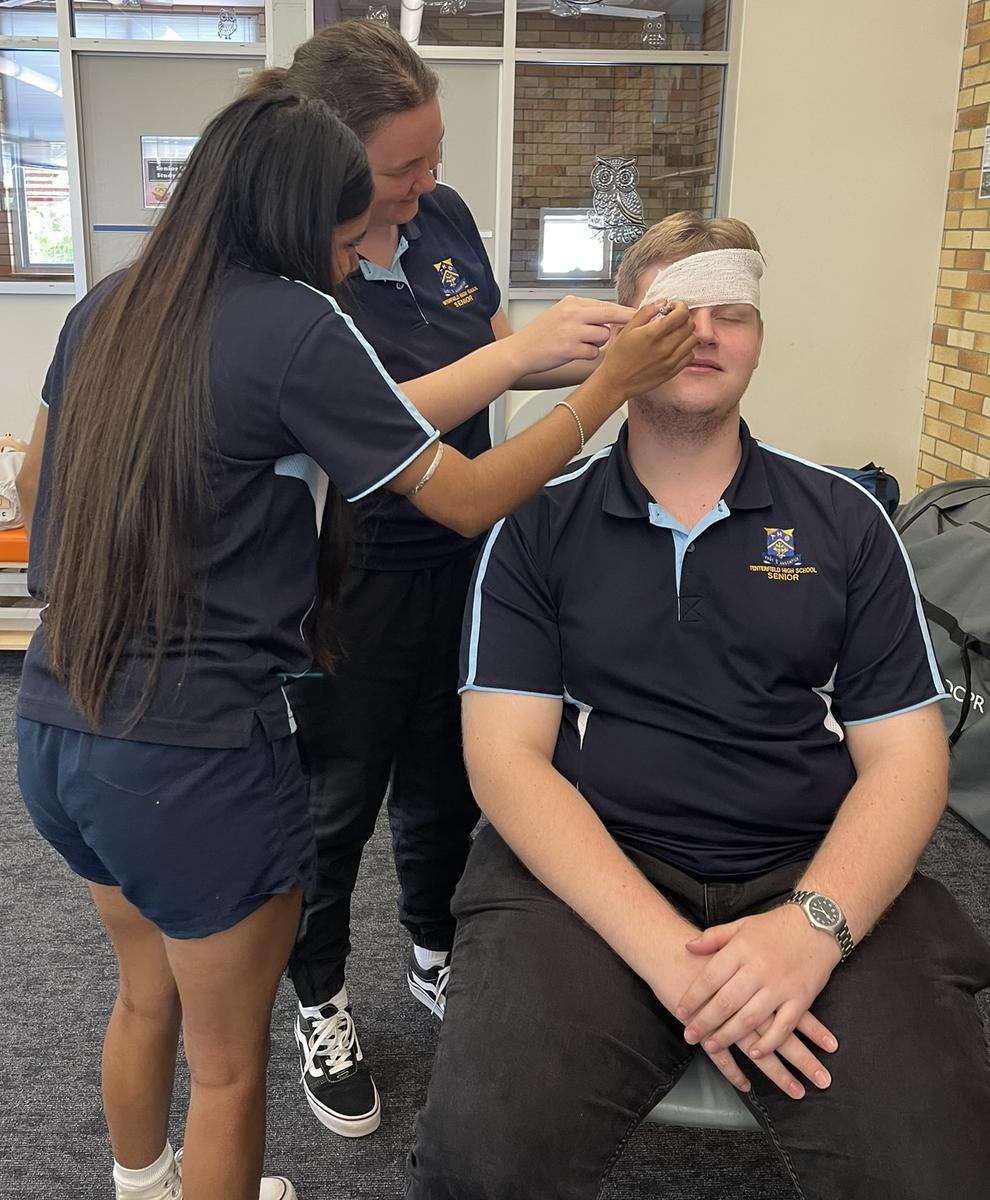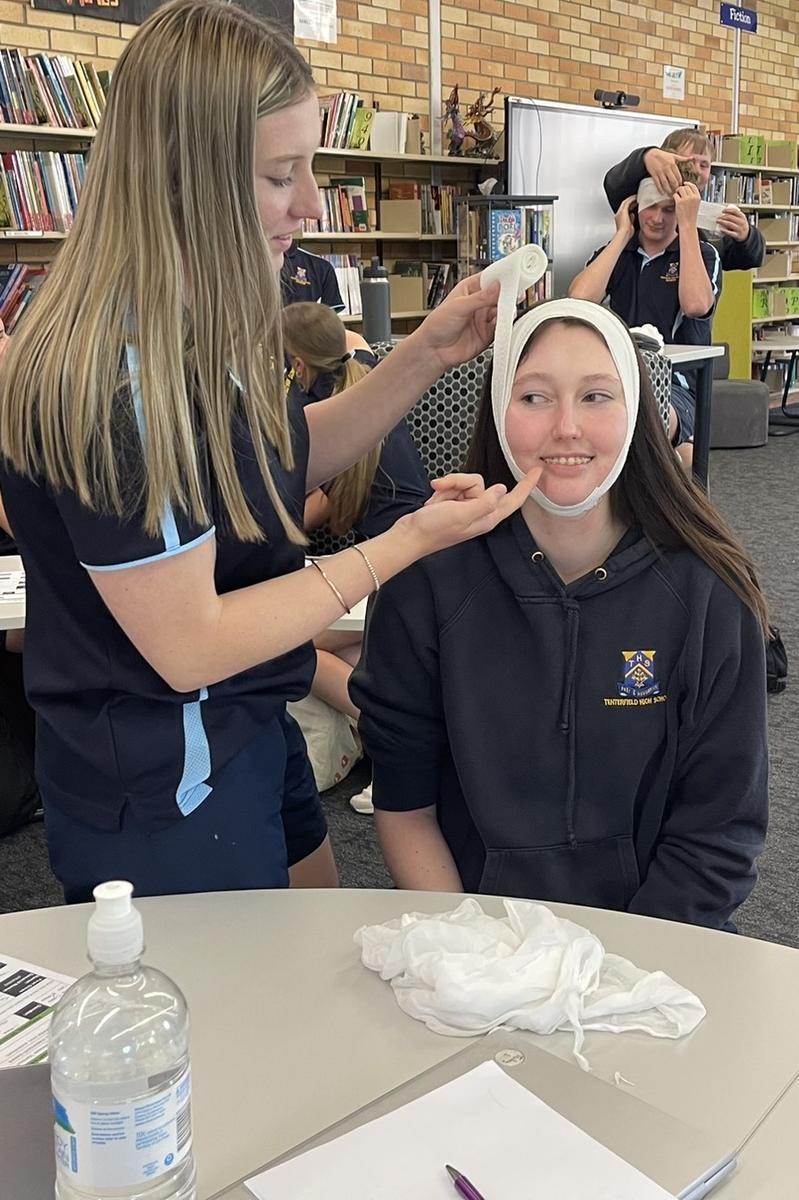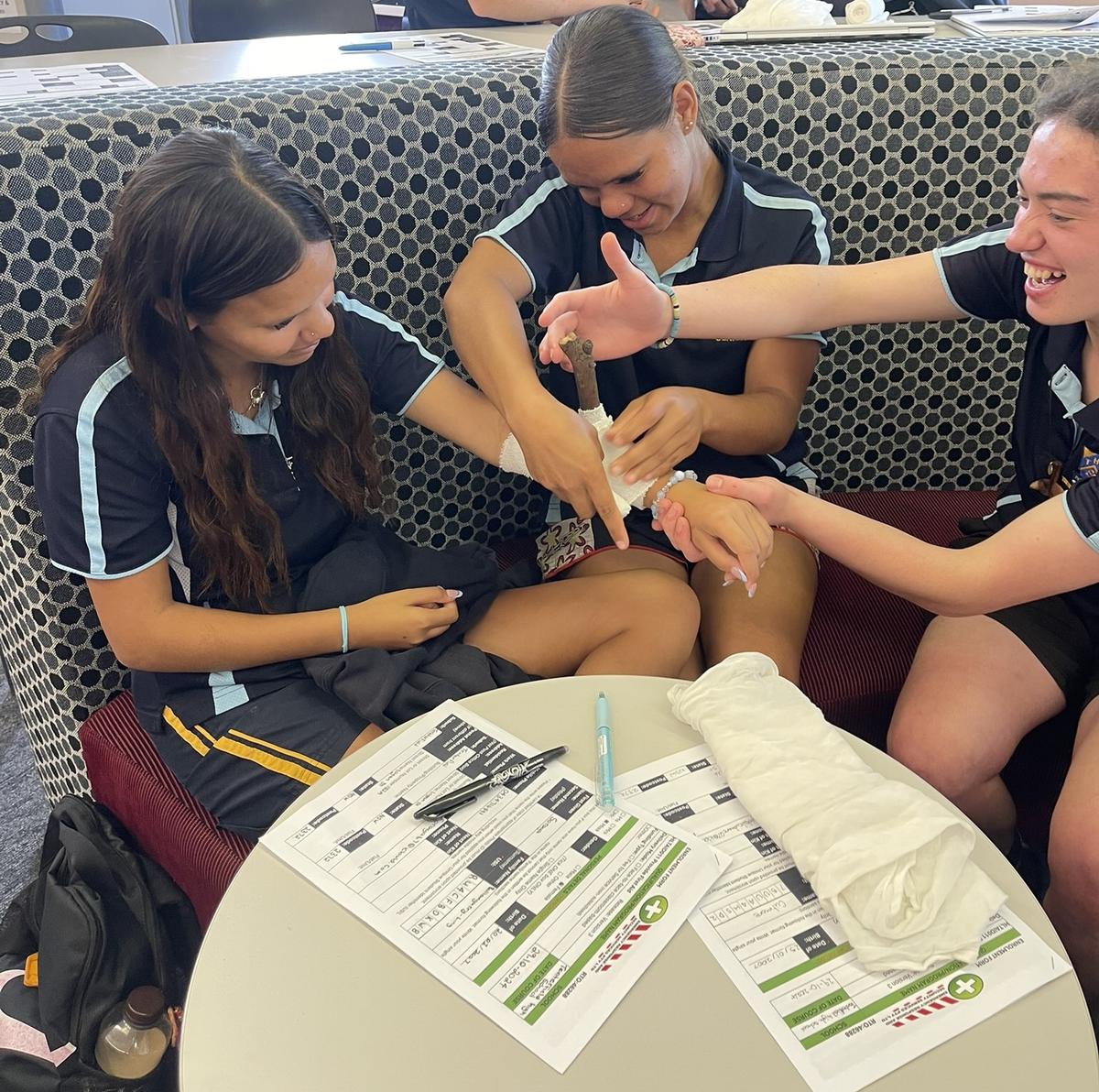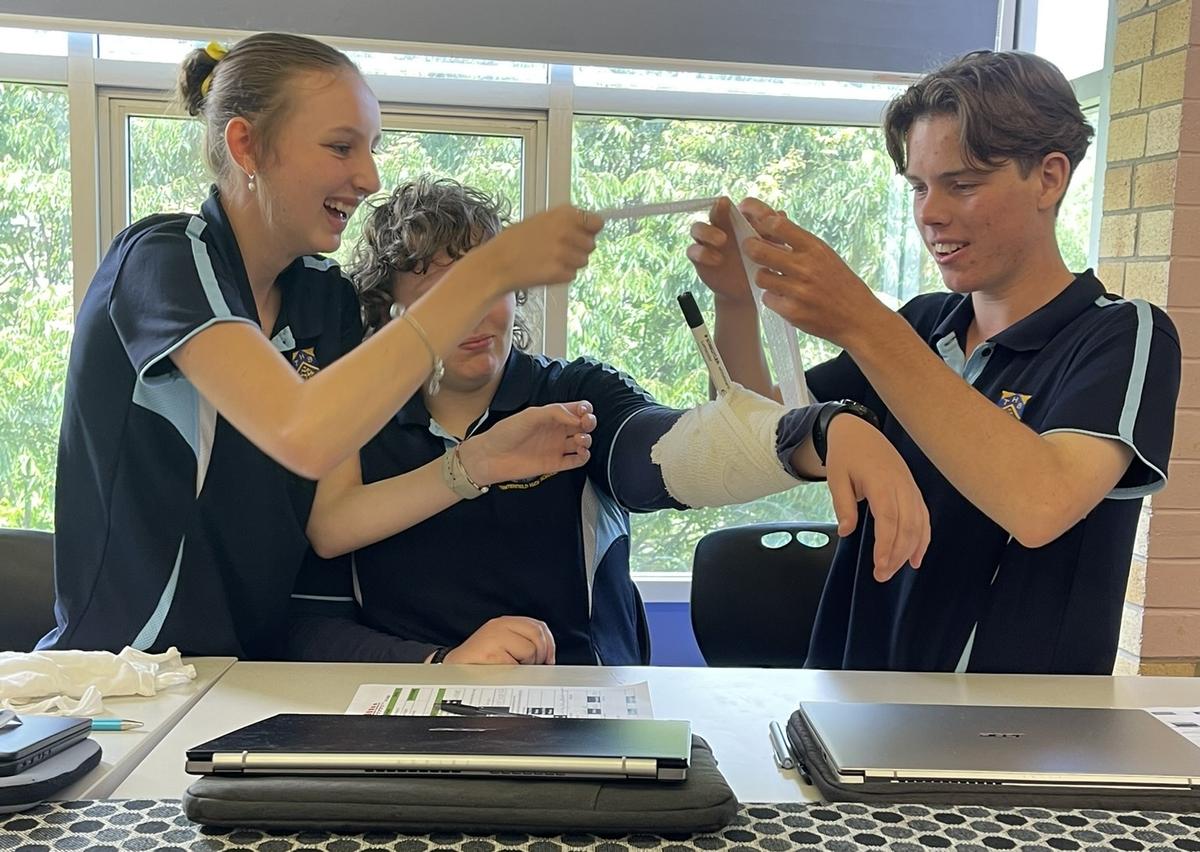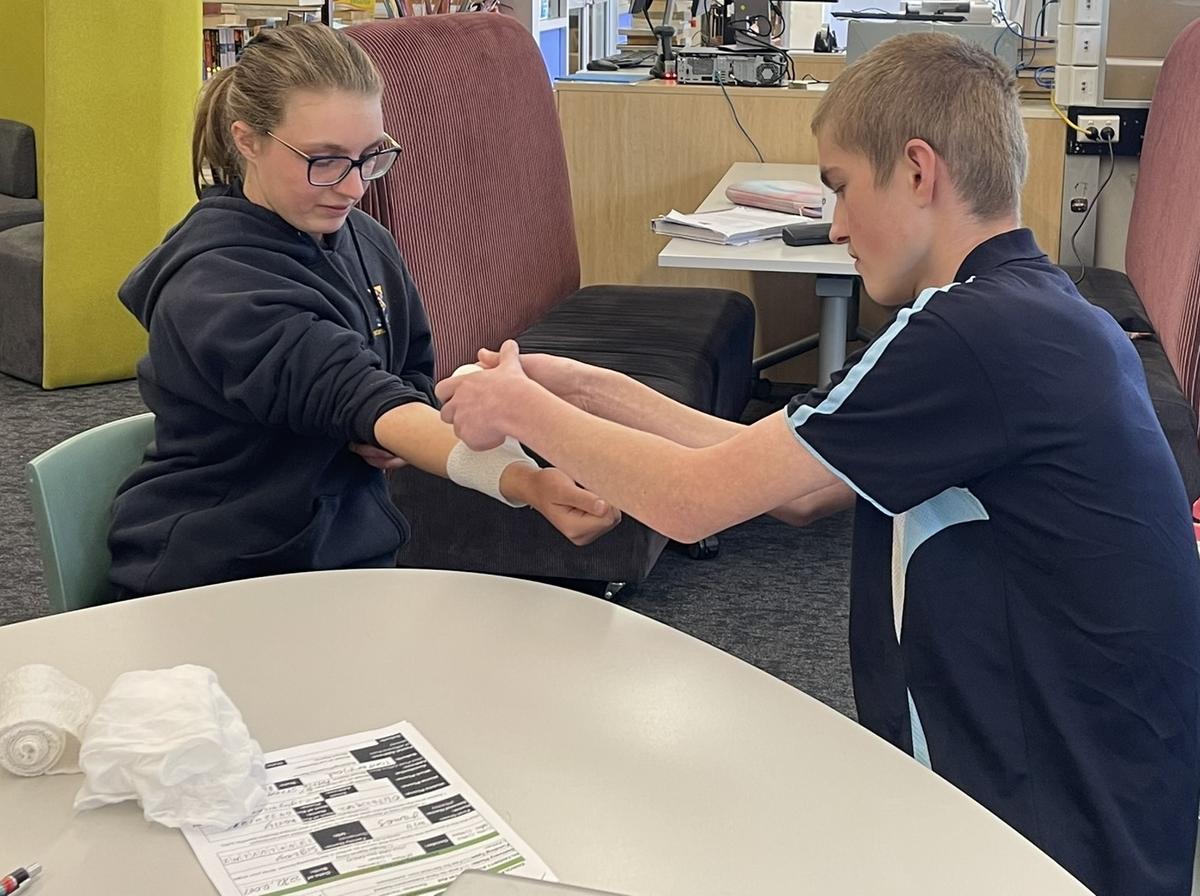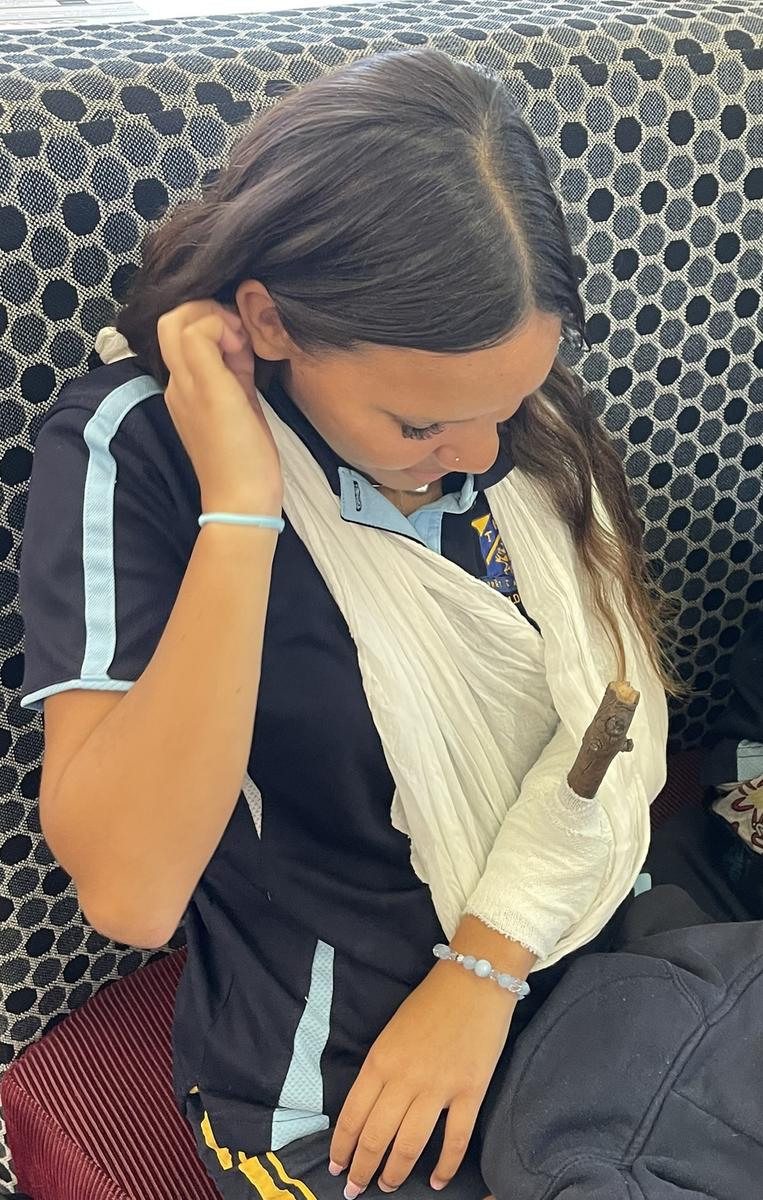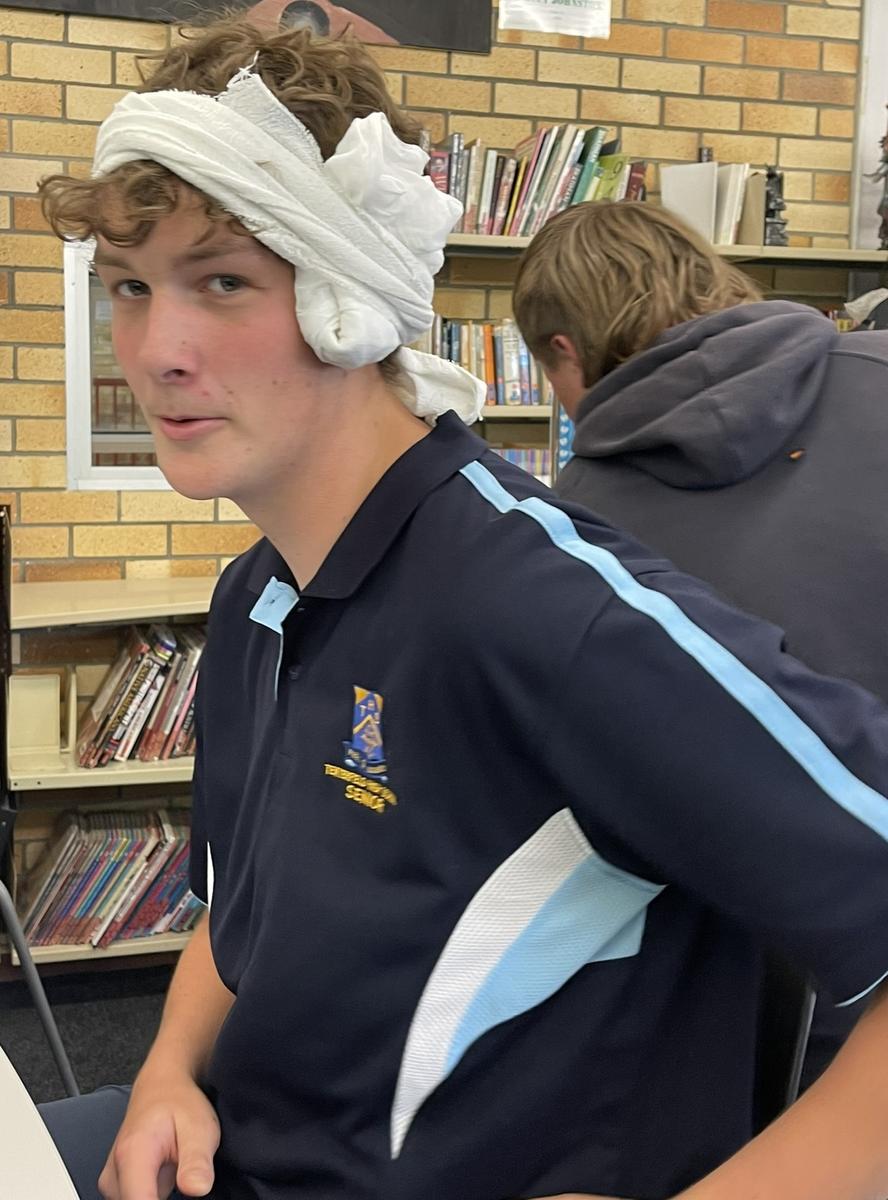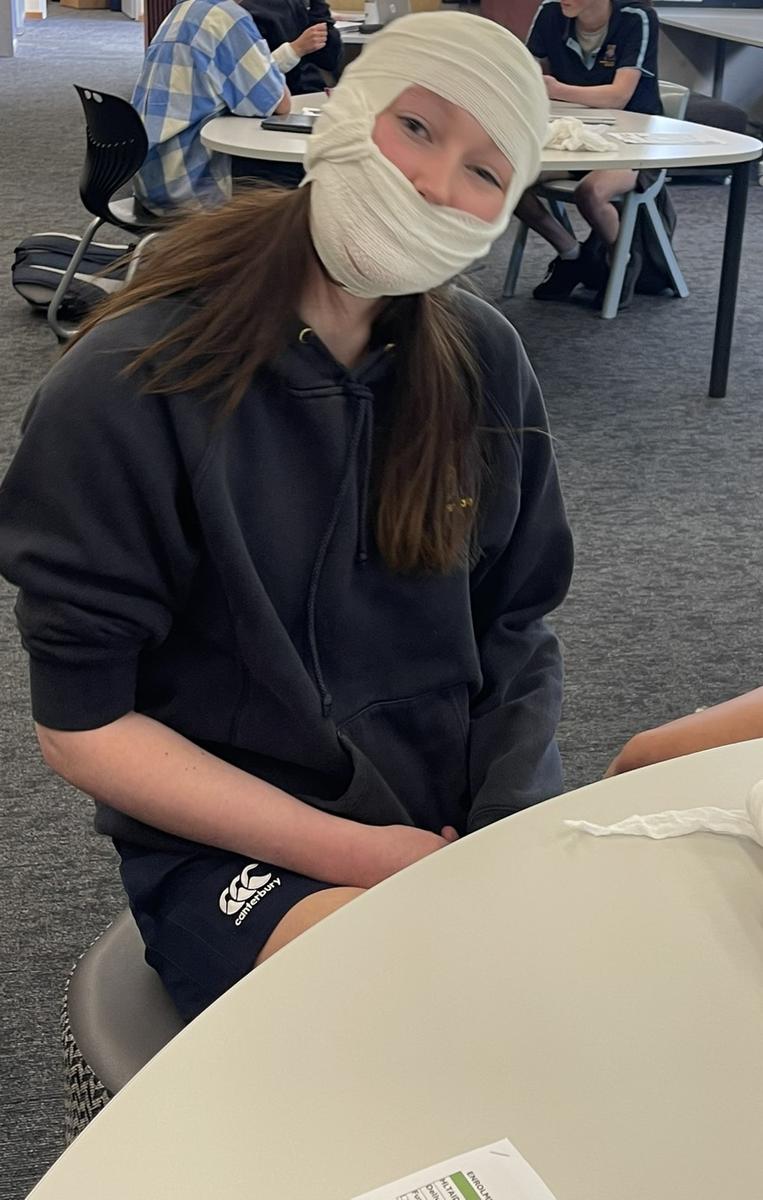Teaching & Learning News

Multicategorical
Ms Hudson's Rm11 students completing their creative thinking & doing practical activity.
Food Technology
Mrs Cooper's Year 9/10 Food Technology students presenting their Celebration Cakes. The students chose to make either chocolate or vanilla cake base, then decorated it with a celebration theme of their choice. Well done everyone!
Technology Wood
Mr Sproule's Year 7 Technology Wood engineering challenge, creating rubber band racing cars!
Mr Sproule's Year 7 & 8 students working on their chopping boards in their practical lesson.
Biology
Mr Edmonds Year 11 Biology student's dissection of flowers. In this activity, students observe the parts of a flower and learn how each part is involved in helping a plant continue its growth for another generation. Specifically, students will find the petals, stamens, pistils, pollen, and ovules and learn more about how a plant reproduces.
The 4 main sections of a complete flower are the sepals (generally green), petals (generally colourful), stamens (male parts), and pistils (female parts). Although these parts can be described in further detail, this activity examines them in a more general sense.
Petals function to attract pollinators to the flower using colours, scents, heat, and different patterns visible under both ultraviolet and visible light. Sepals surround and protect the developing flowers. Once the pollinator lands on the flower, it will search for the nectar found inside of the flower.
As they search for nectar, pollinators brush up against the stamens (male parts) and pollen sticks to their bodies. Later, as pollinators travel to other flowers, they may transfer this pollen to other flowers and some will likely land on the top of a pistil and migrate downward to fertilize the ovules (eggs) at the bottom of the pistil. These fertilized ovules will then develop into seeds.
Science
Students investigating simple machines in Ms Parker's Science class. Pulleys and inclined planes challenges.
First Aid
Year 11 students participate in a complimentary first aid course on 29 October, offered through the Educational Pathways Program (EPP). Upon completion, all participants will receive their first aid certification, which is an invaluable life skill.
